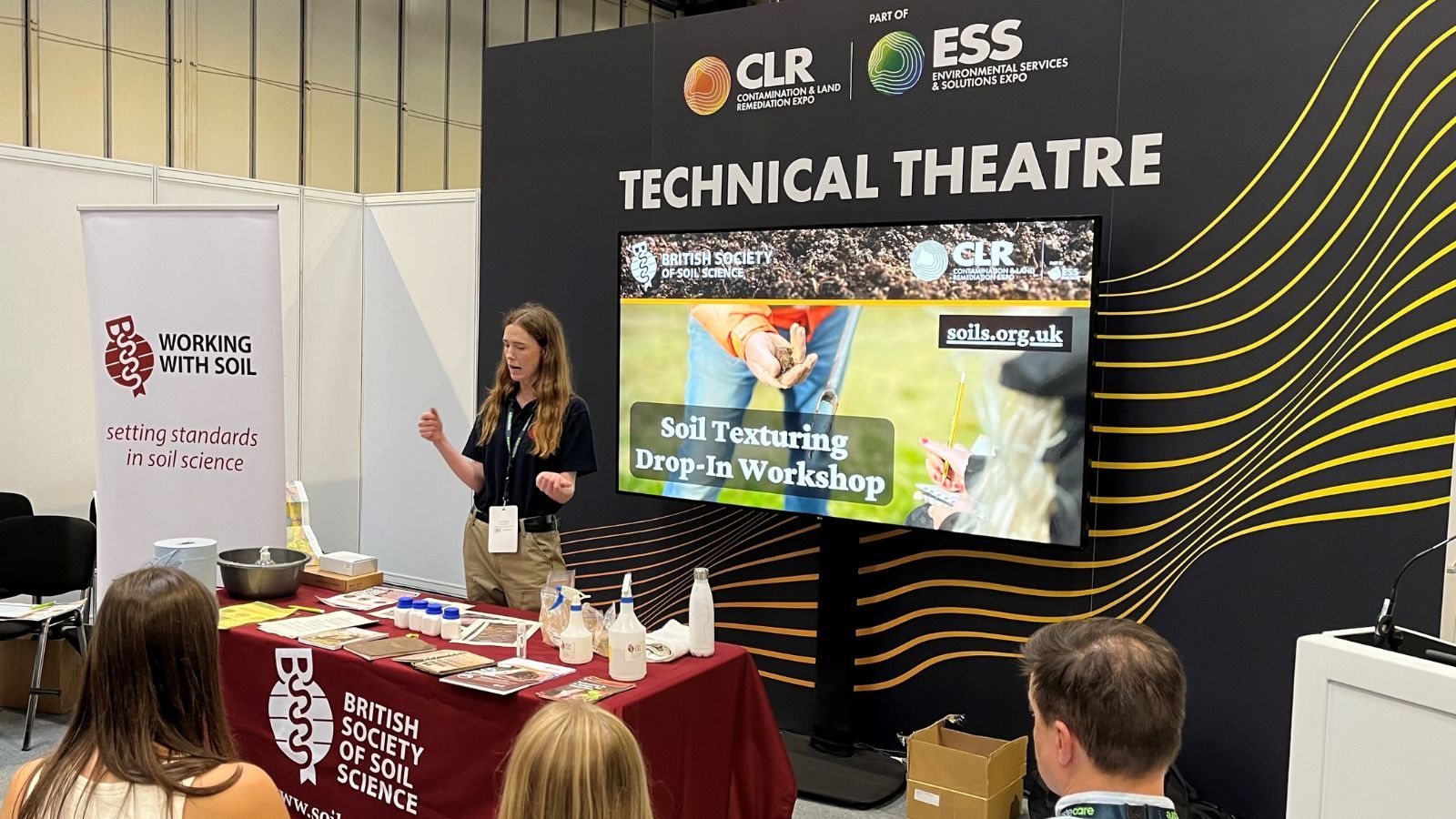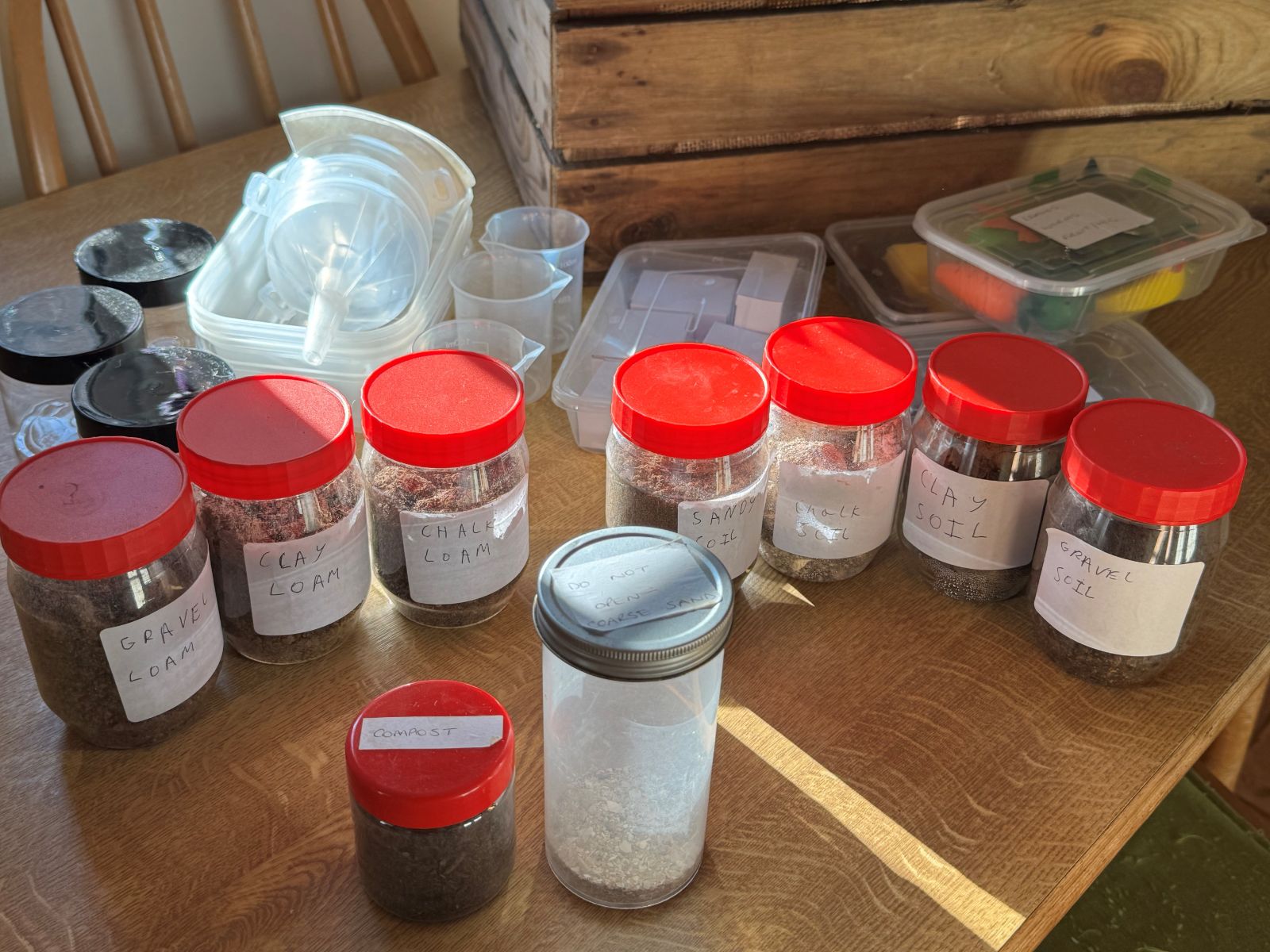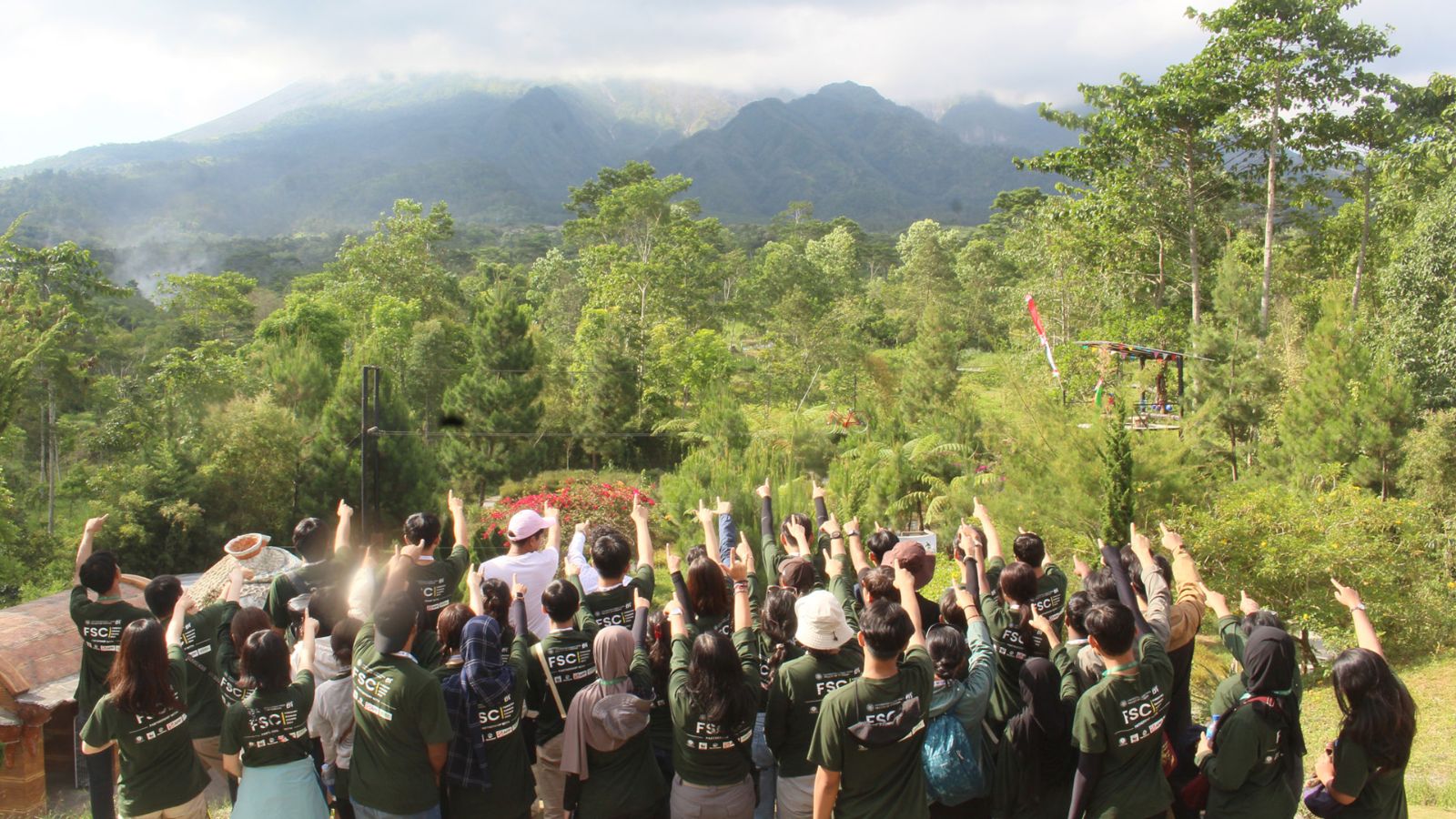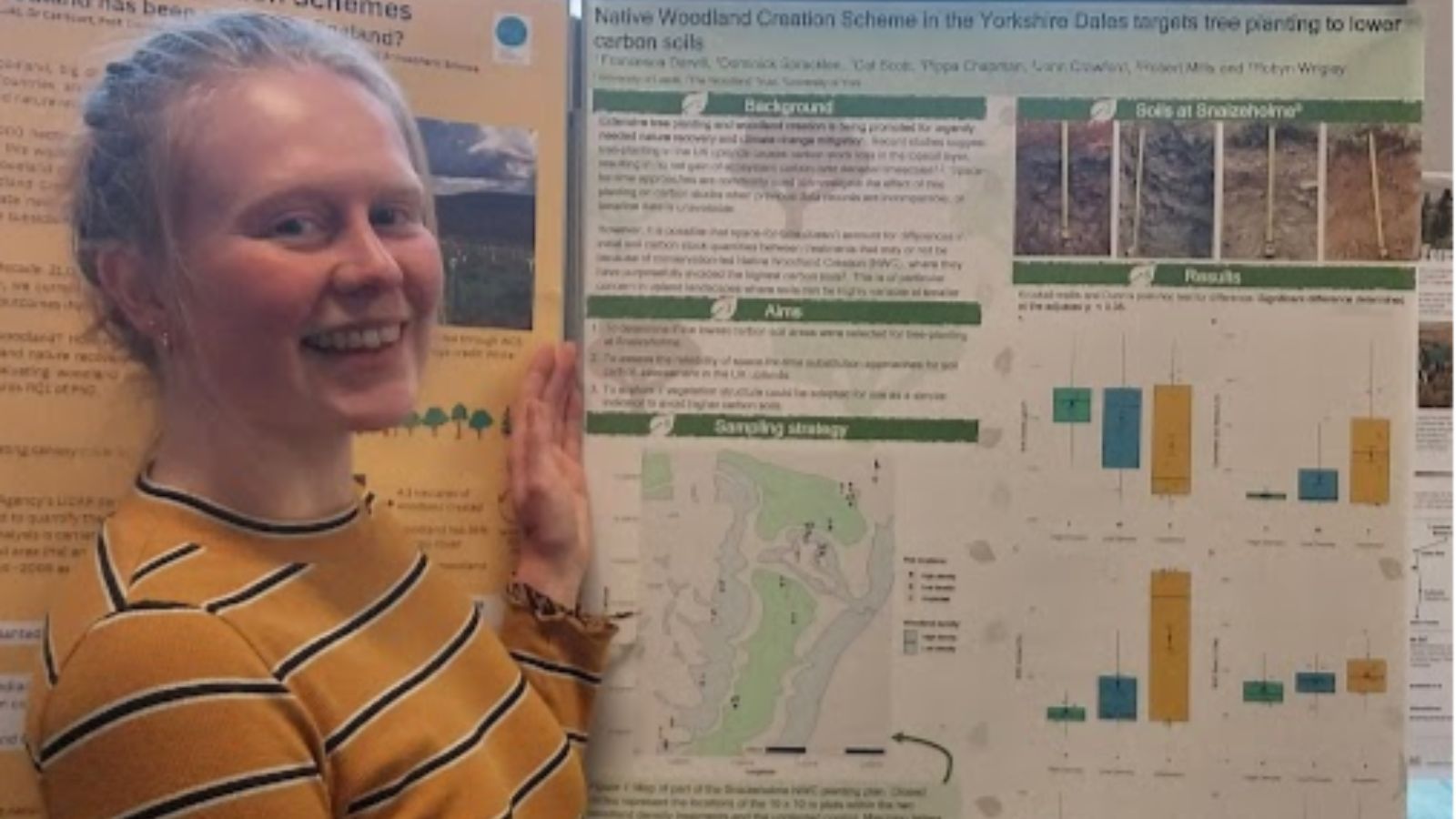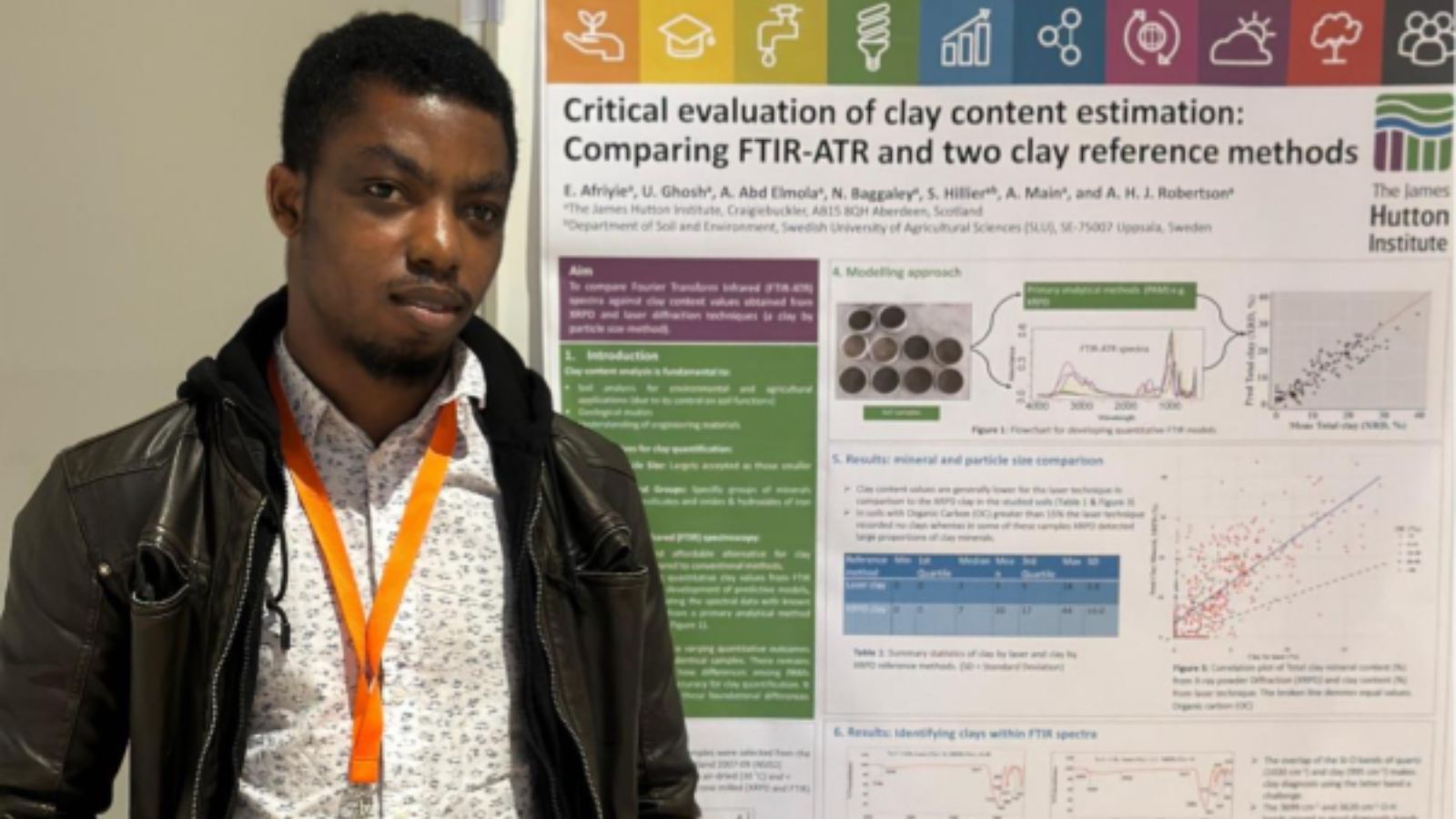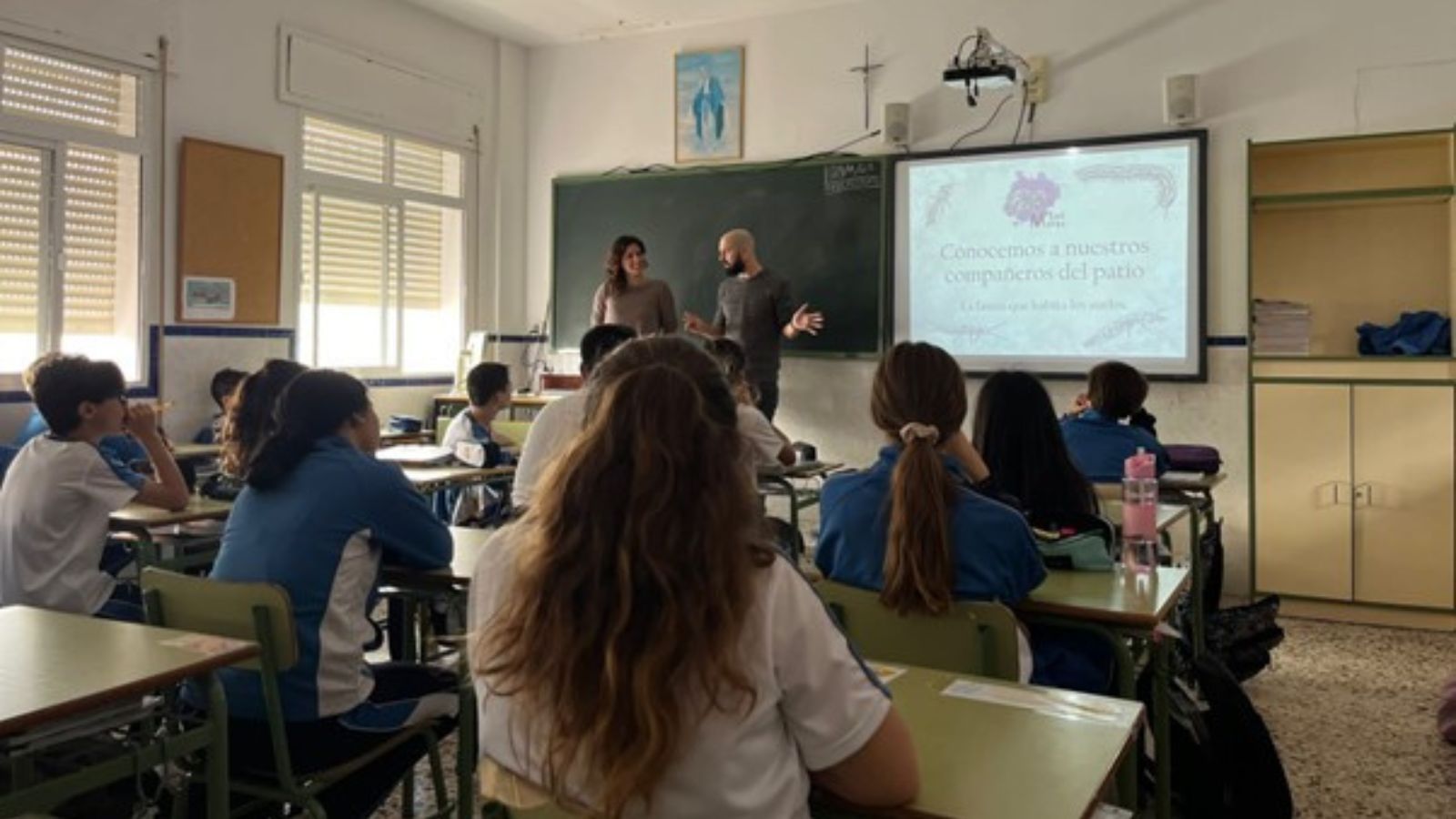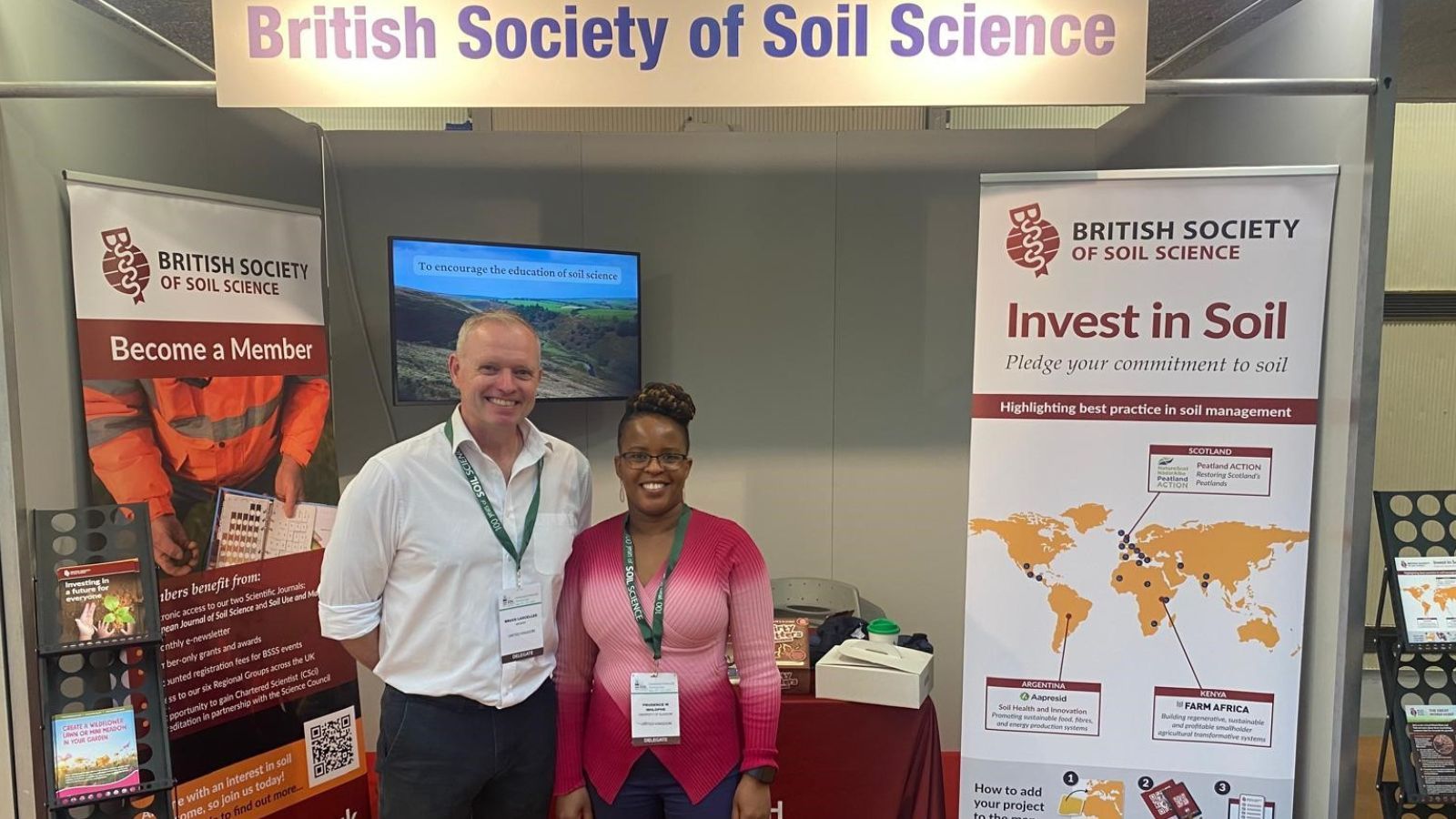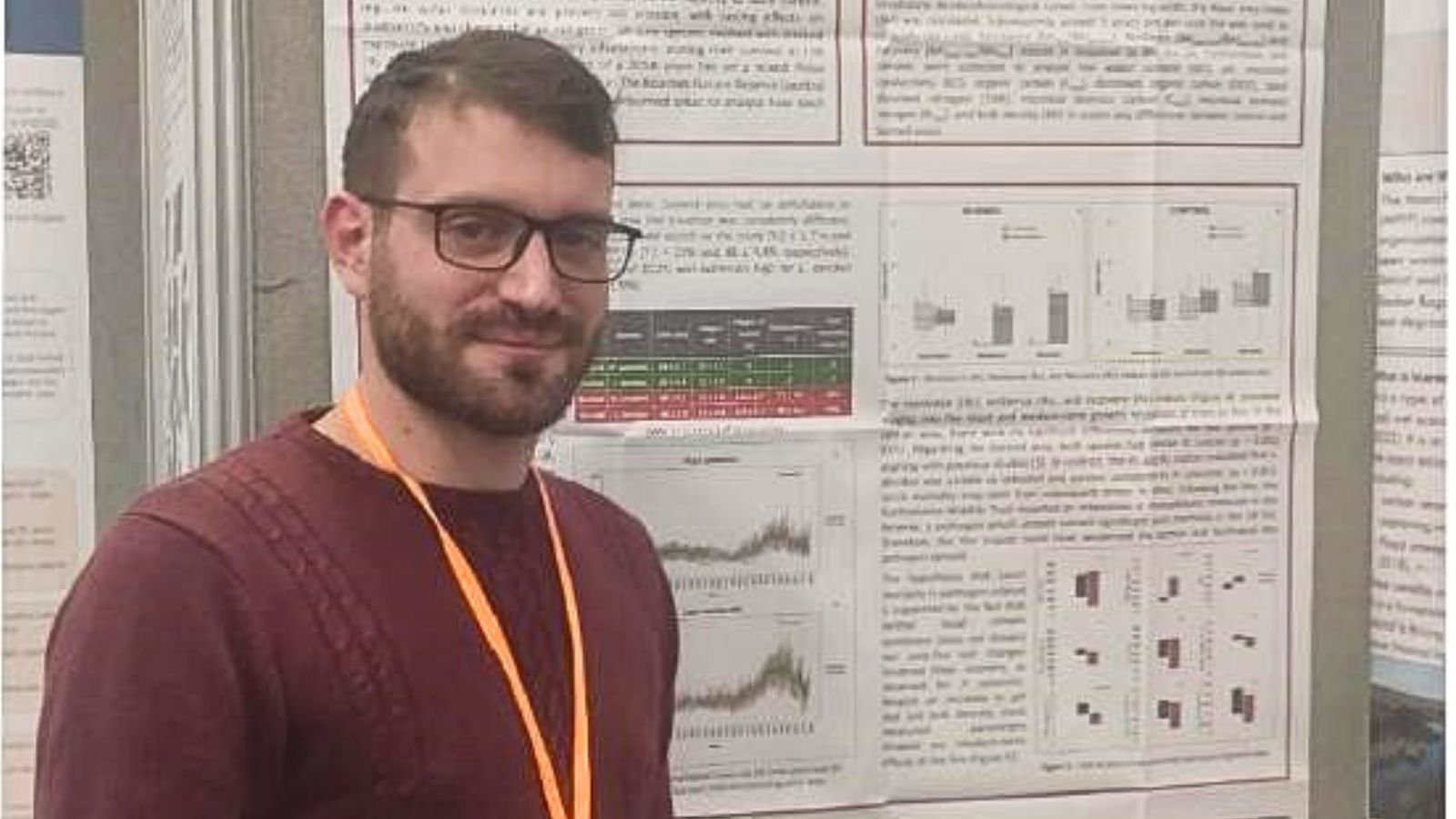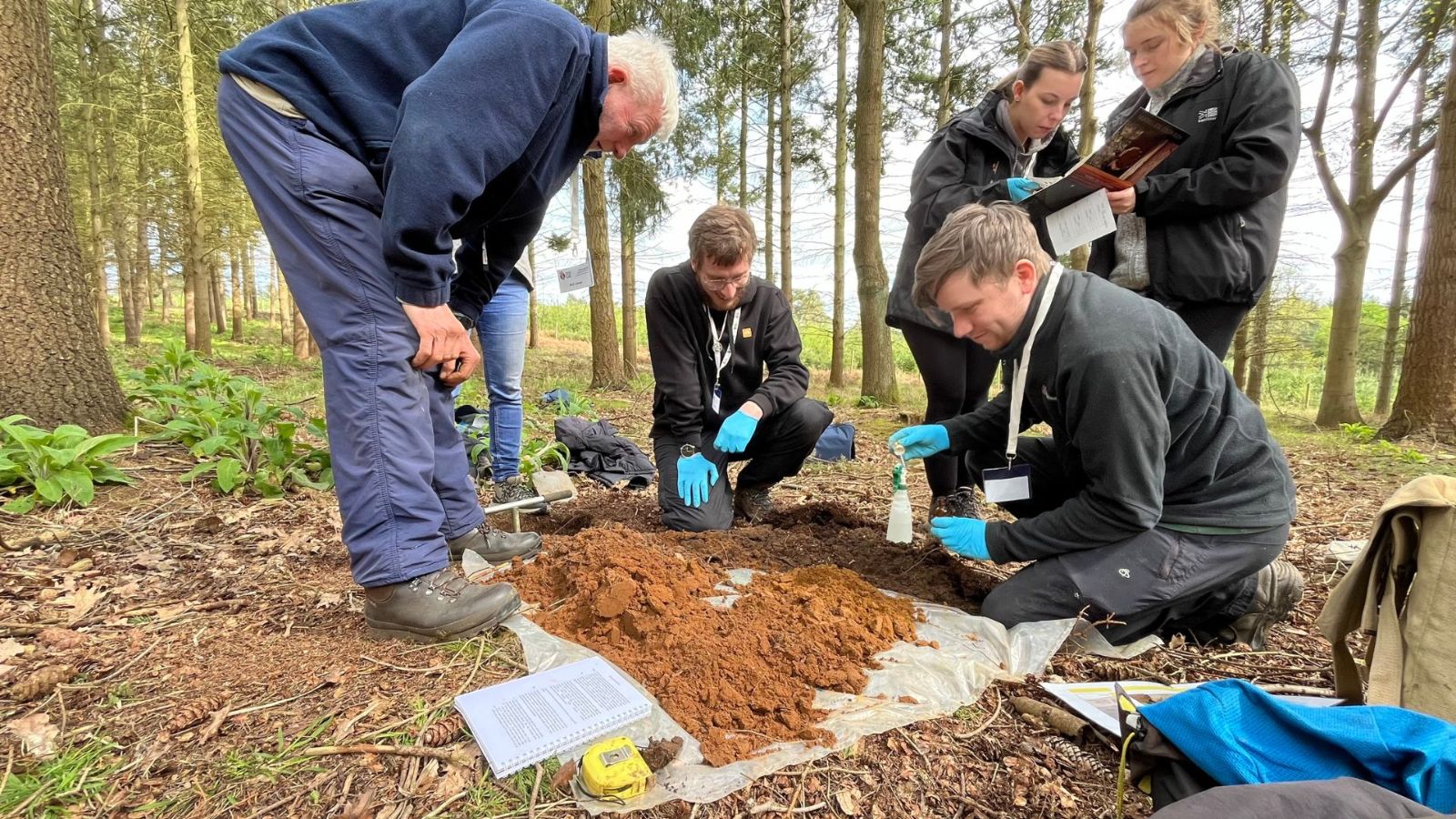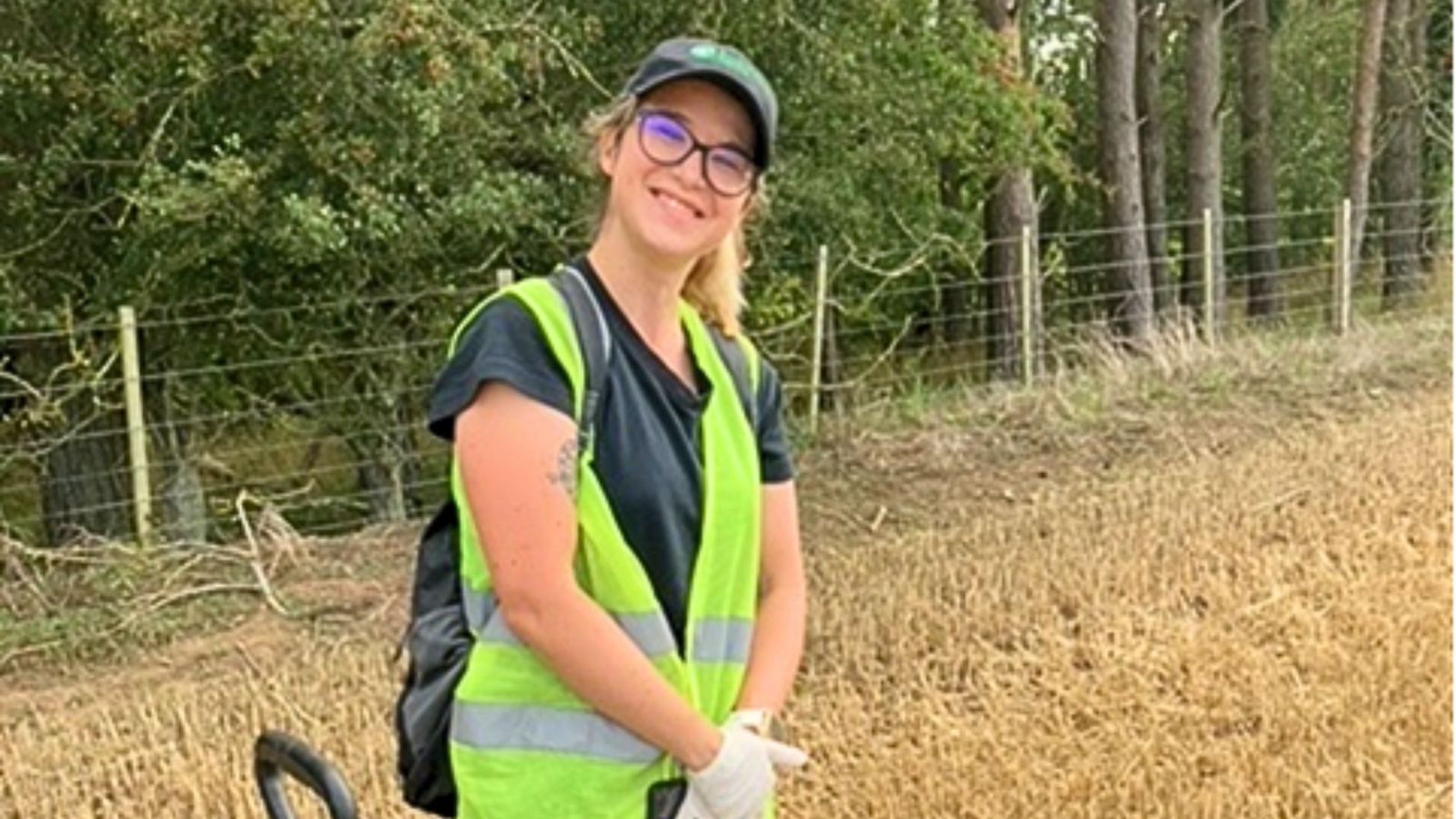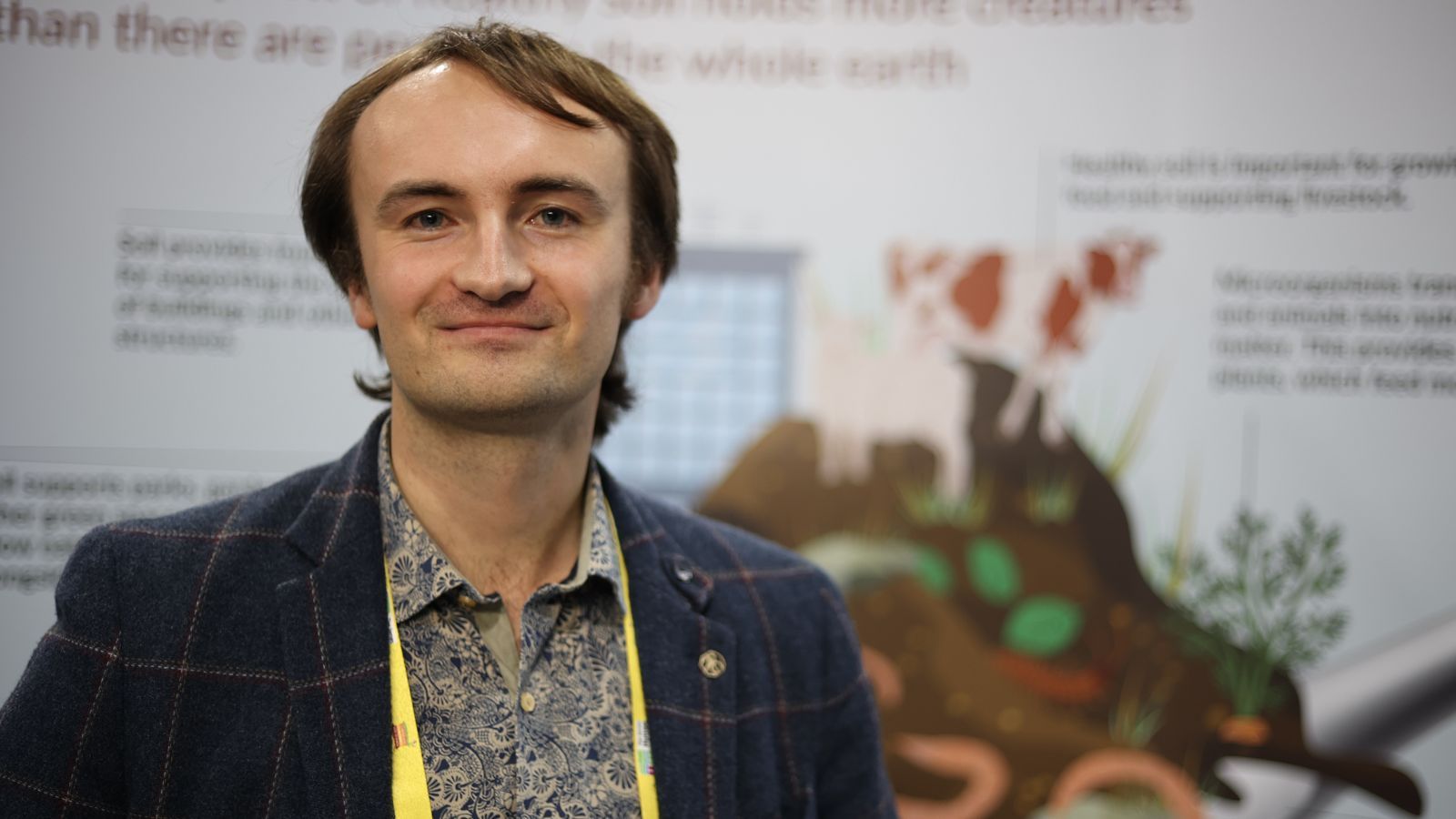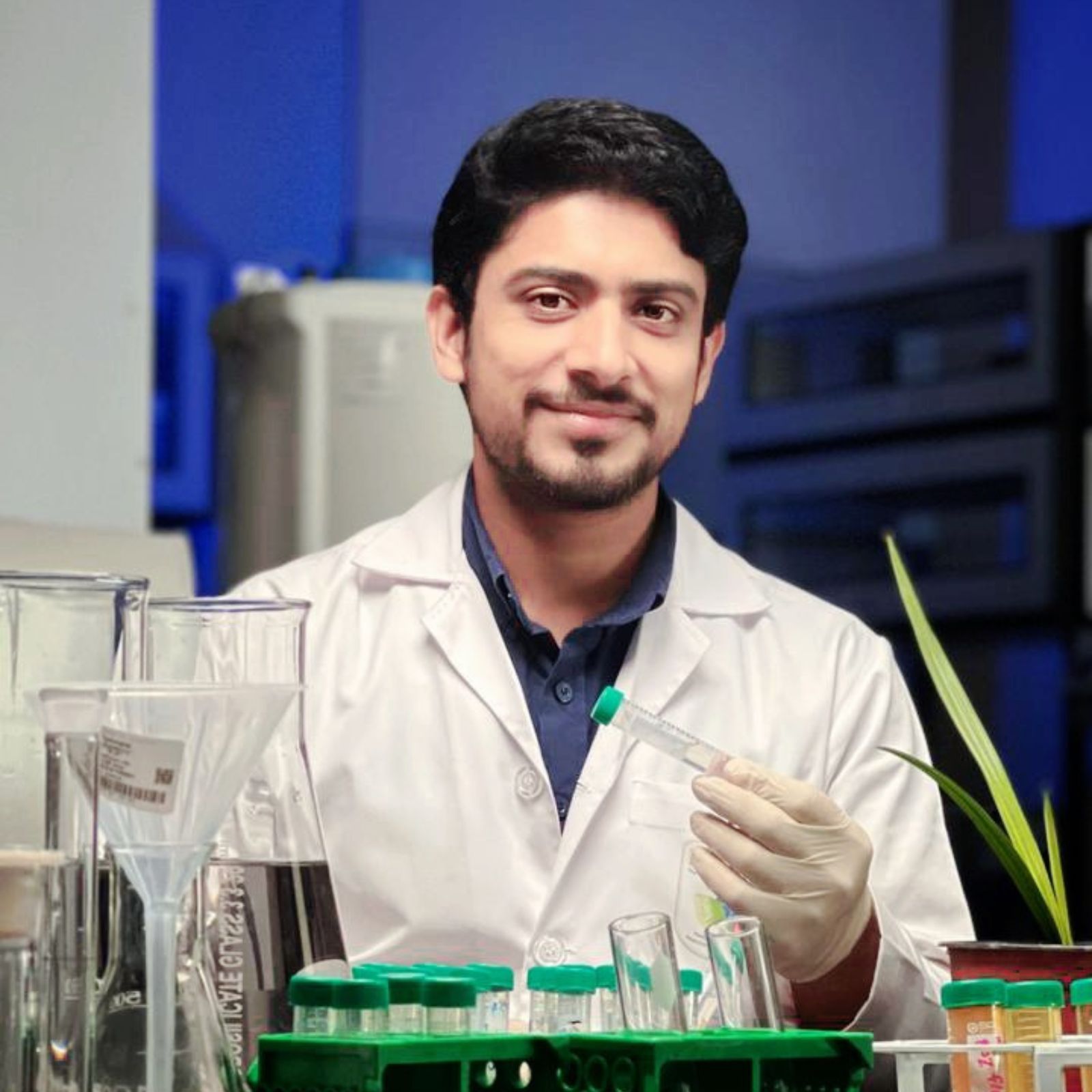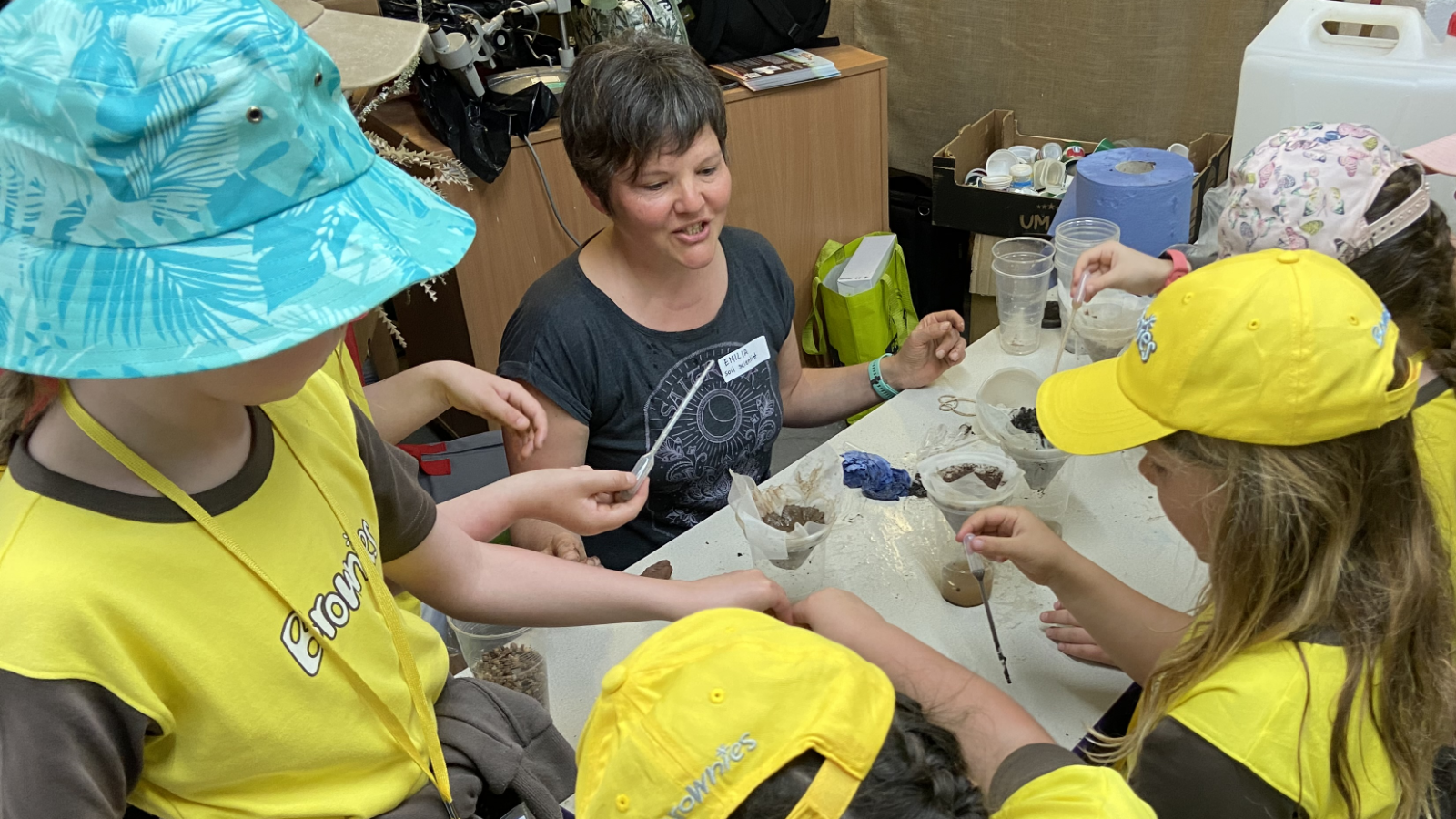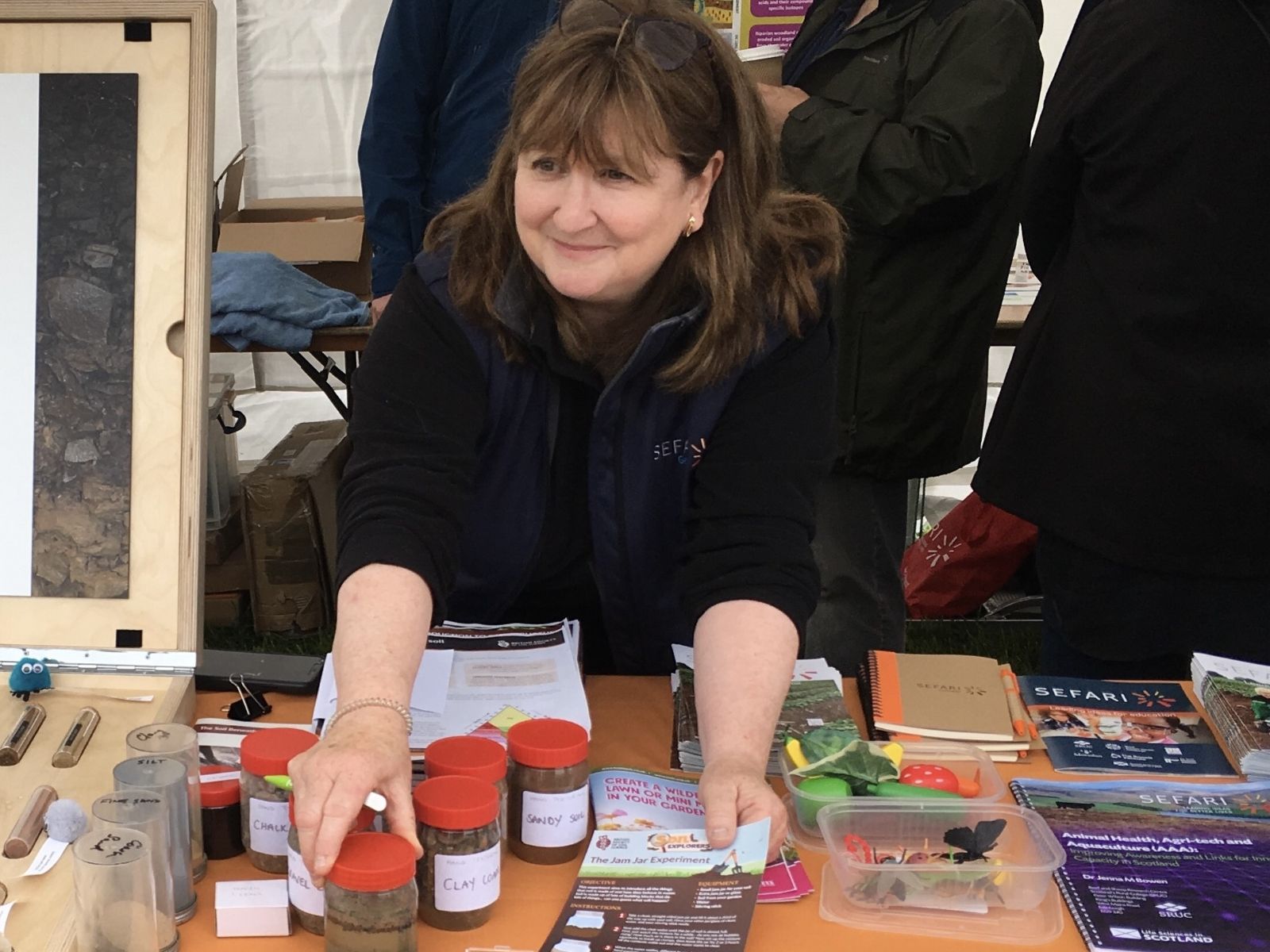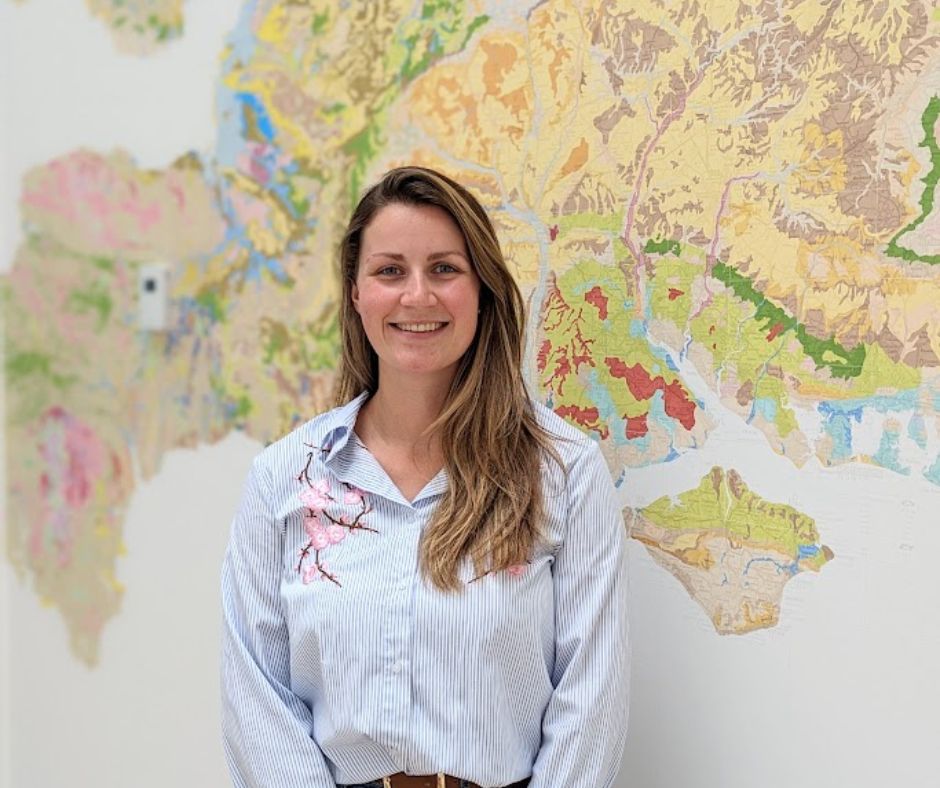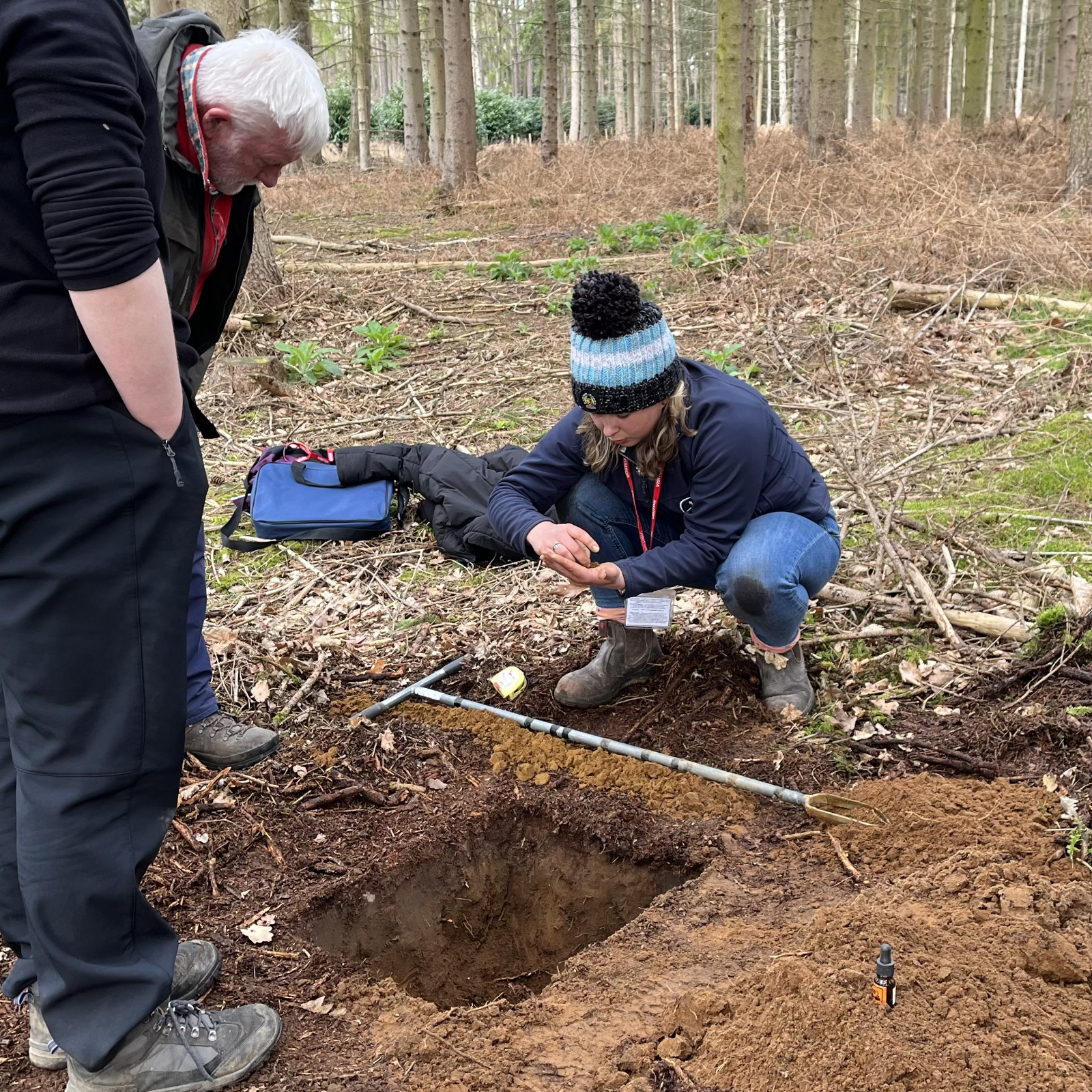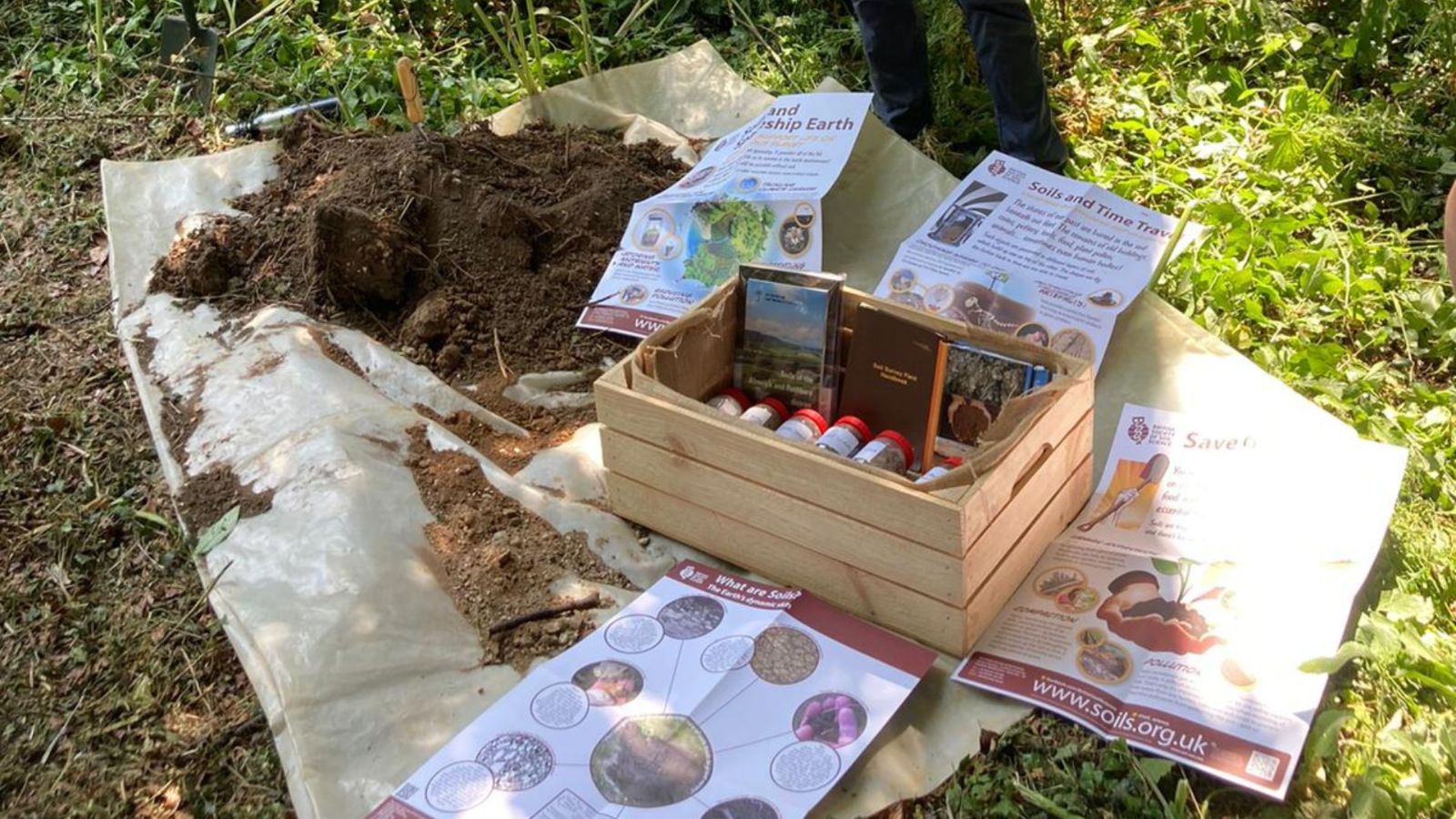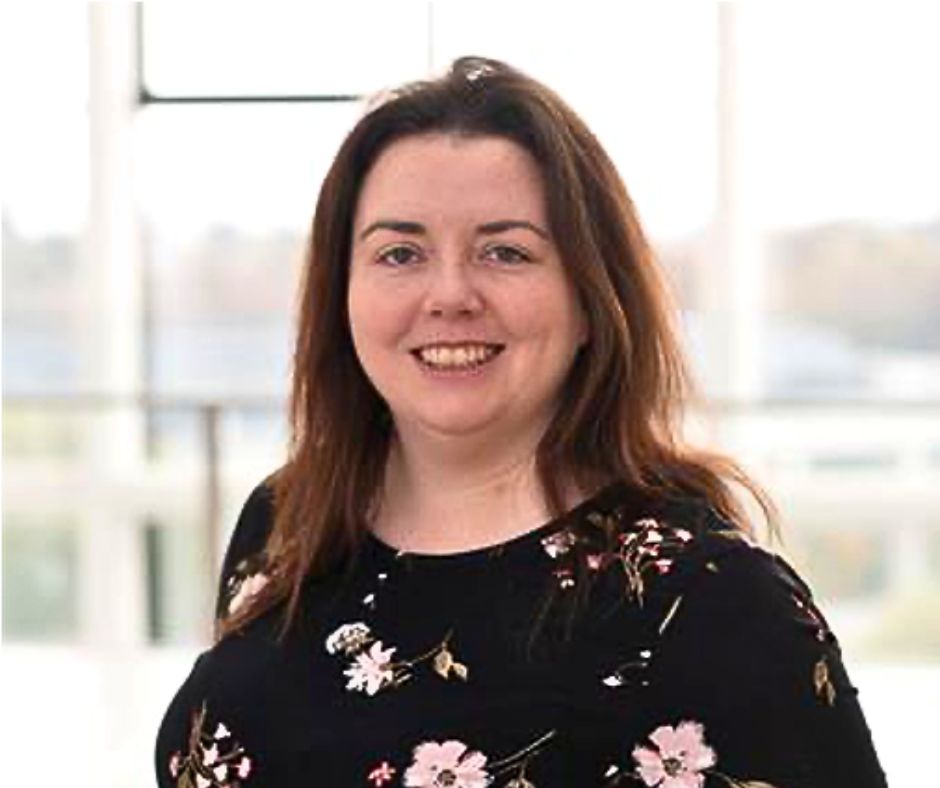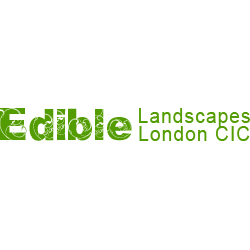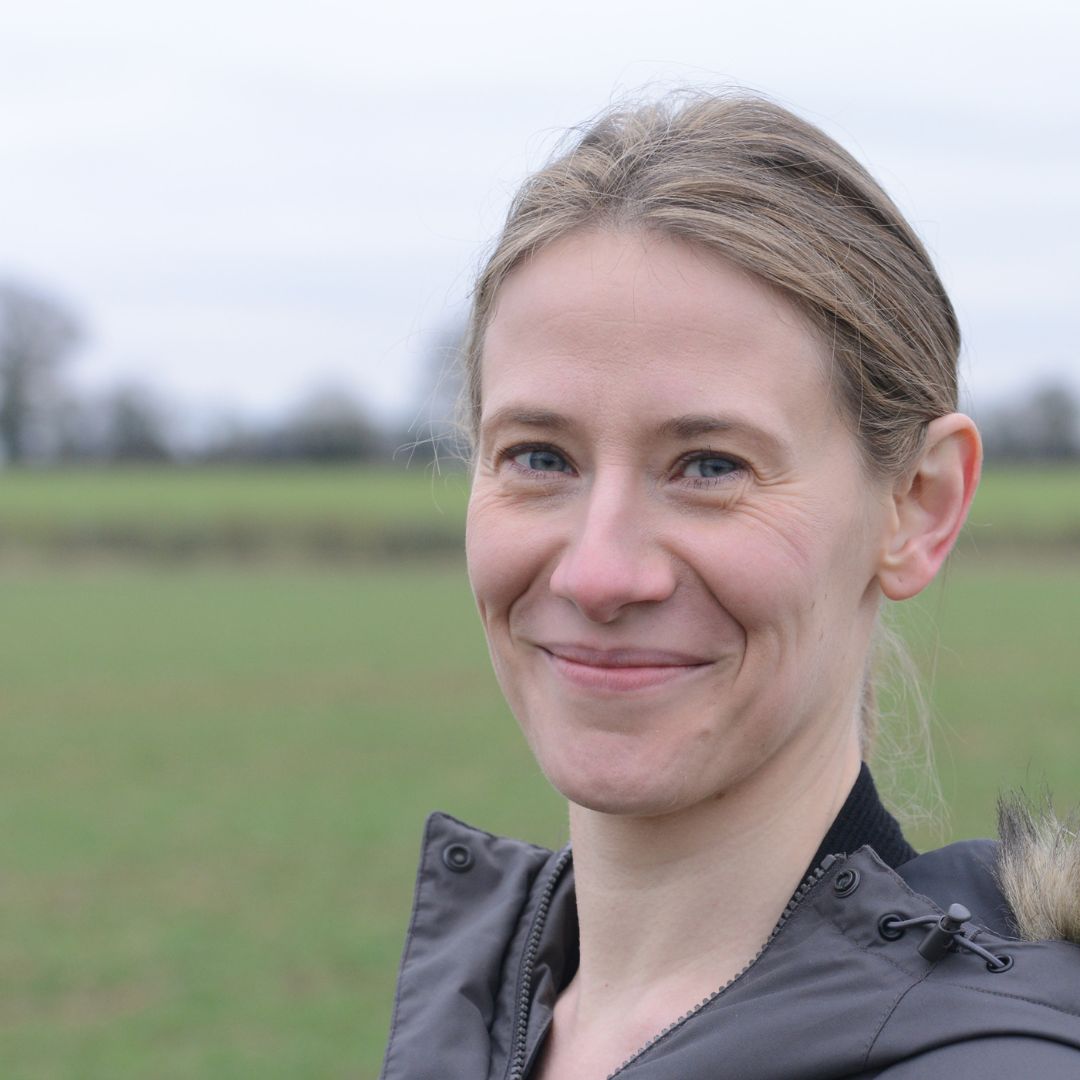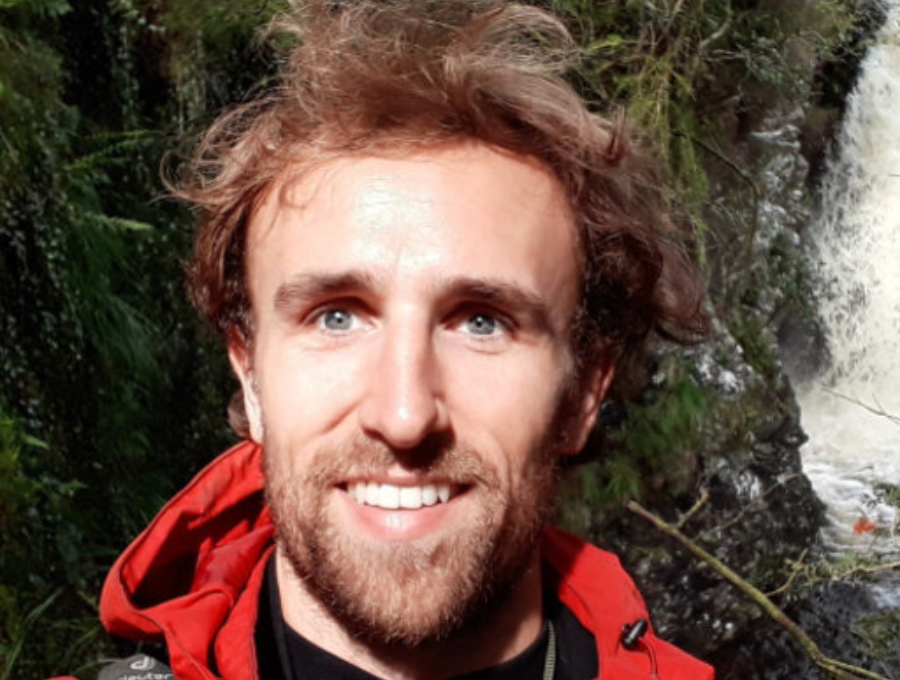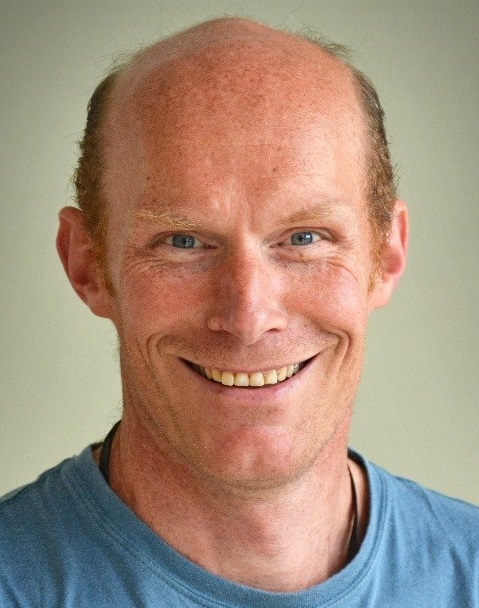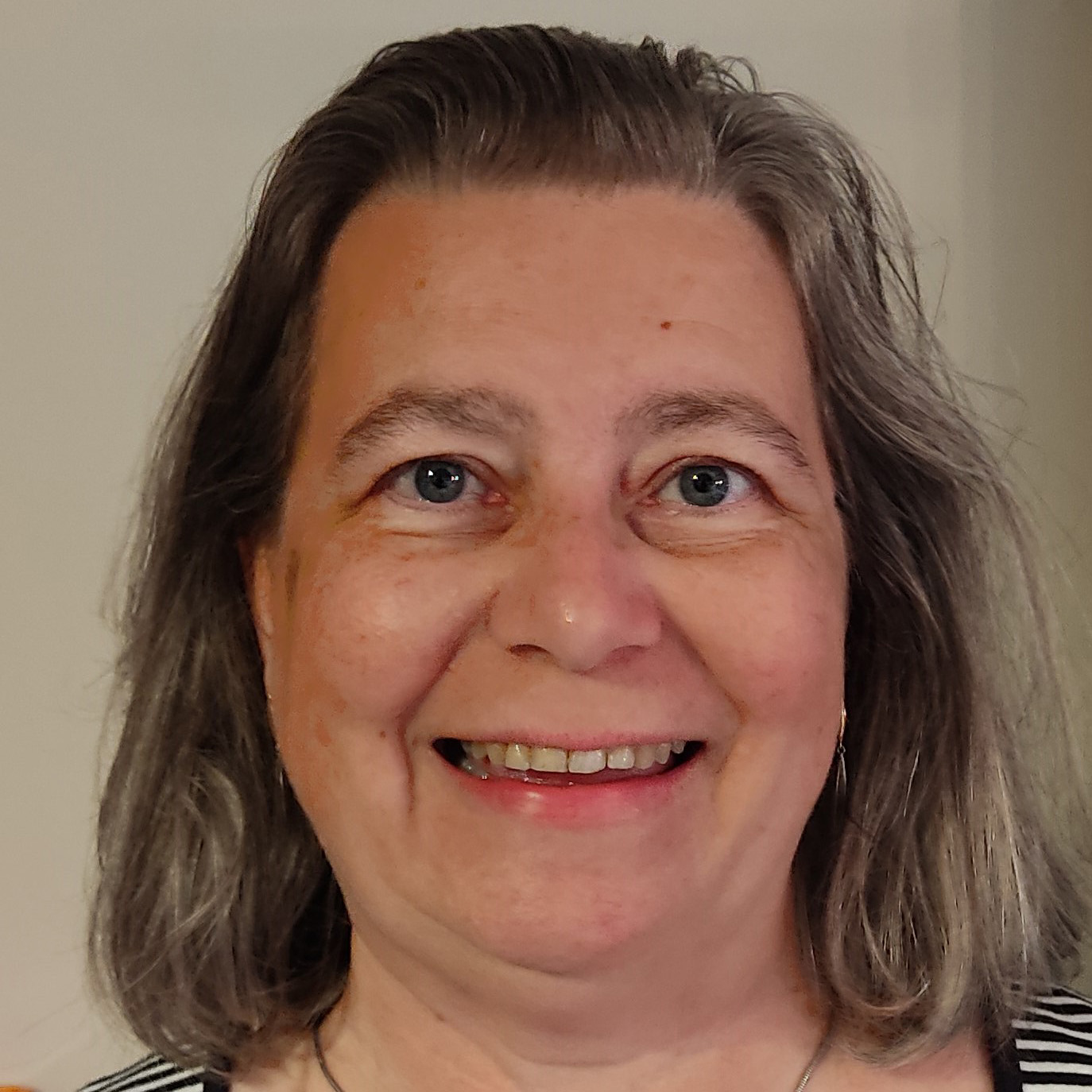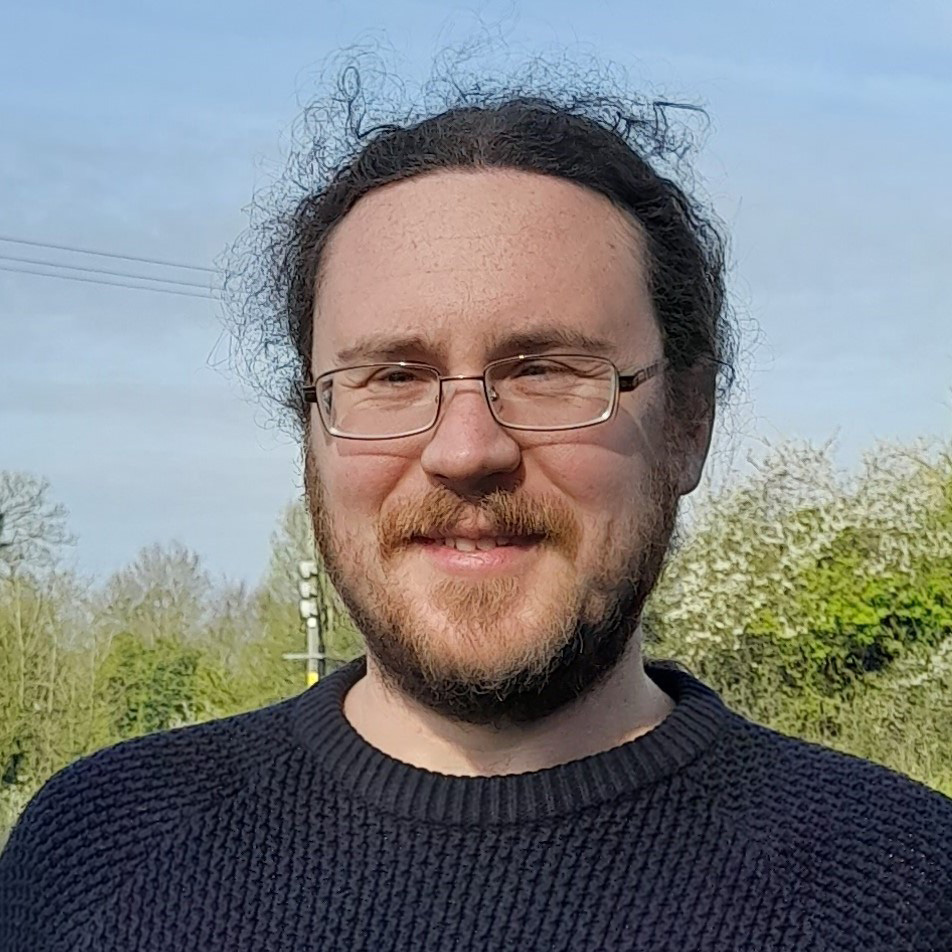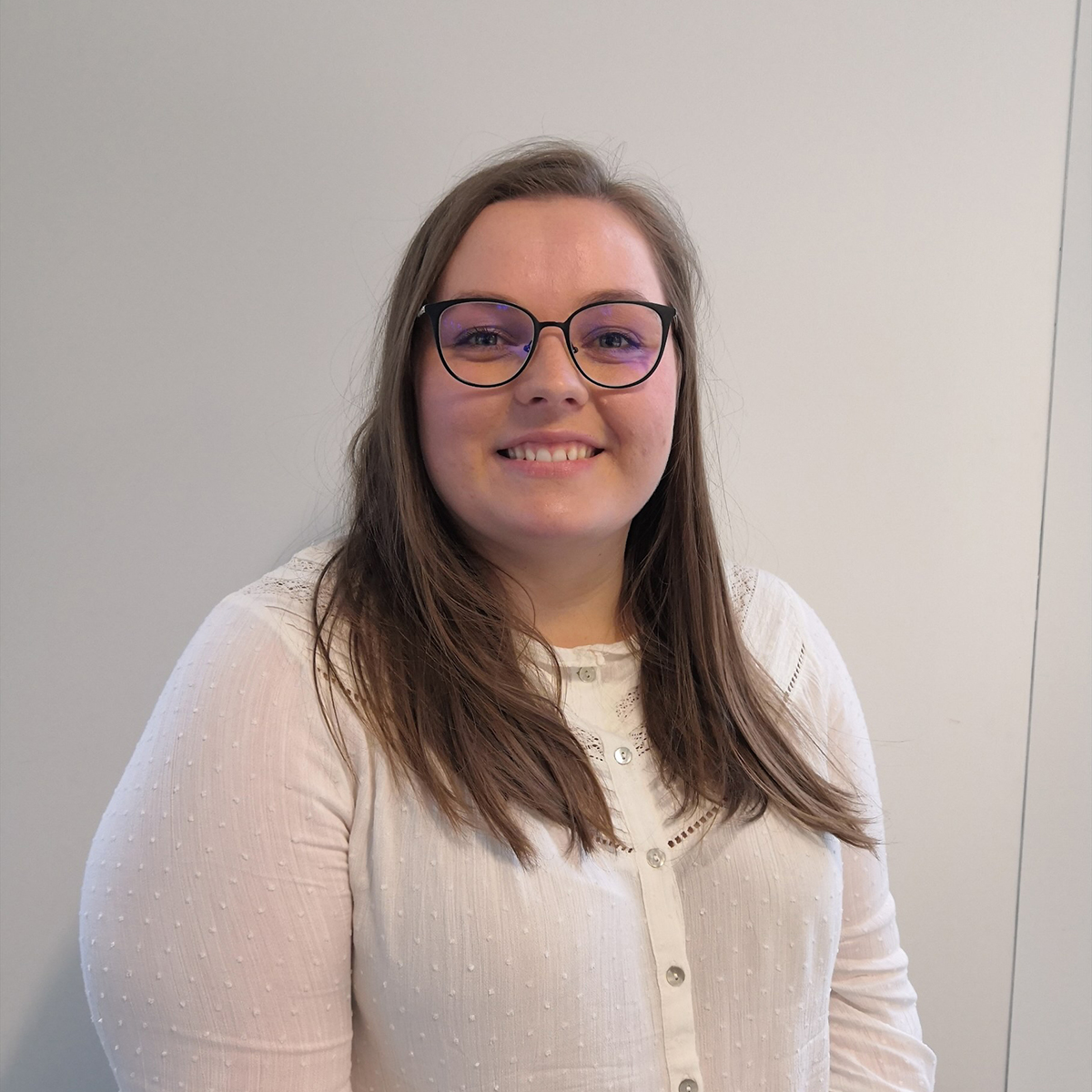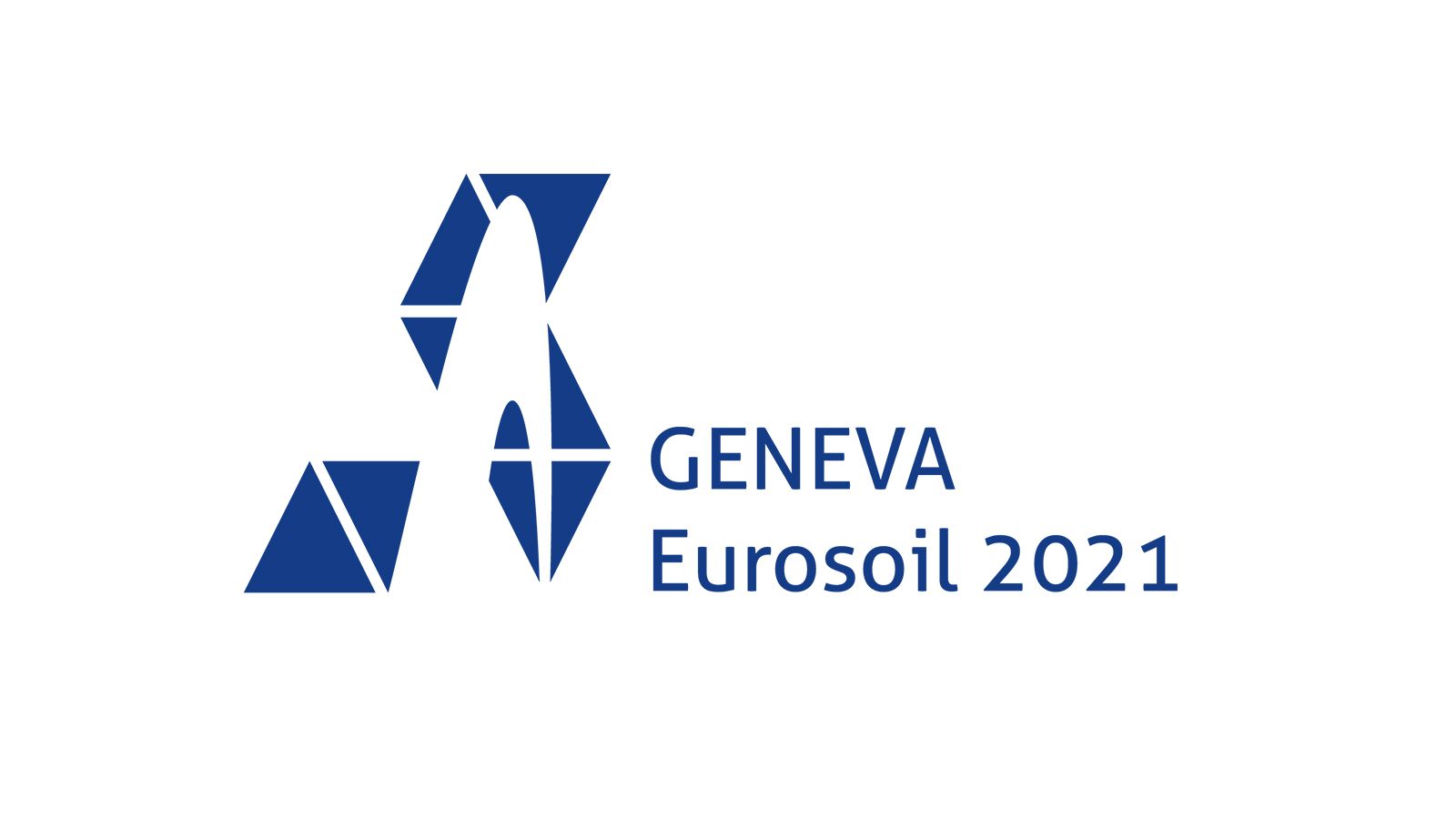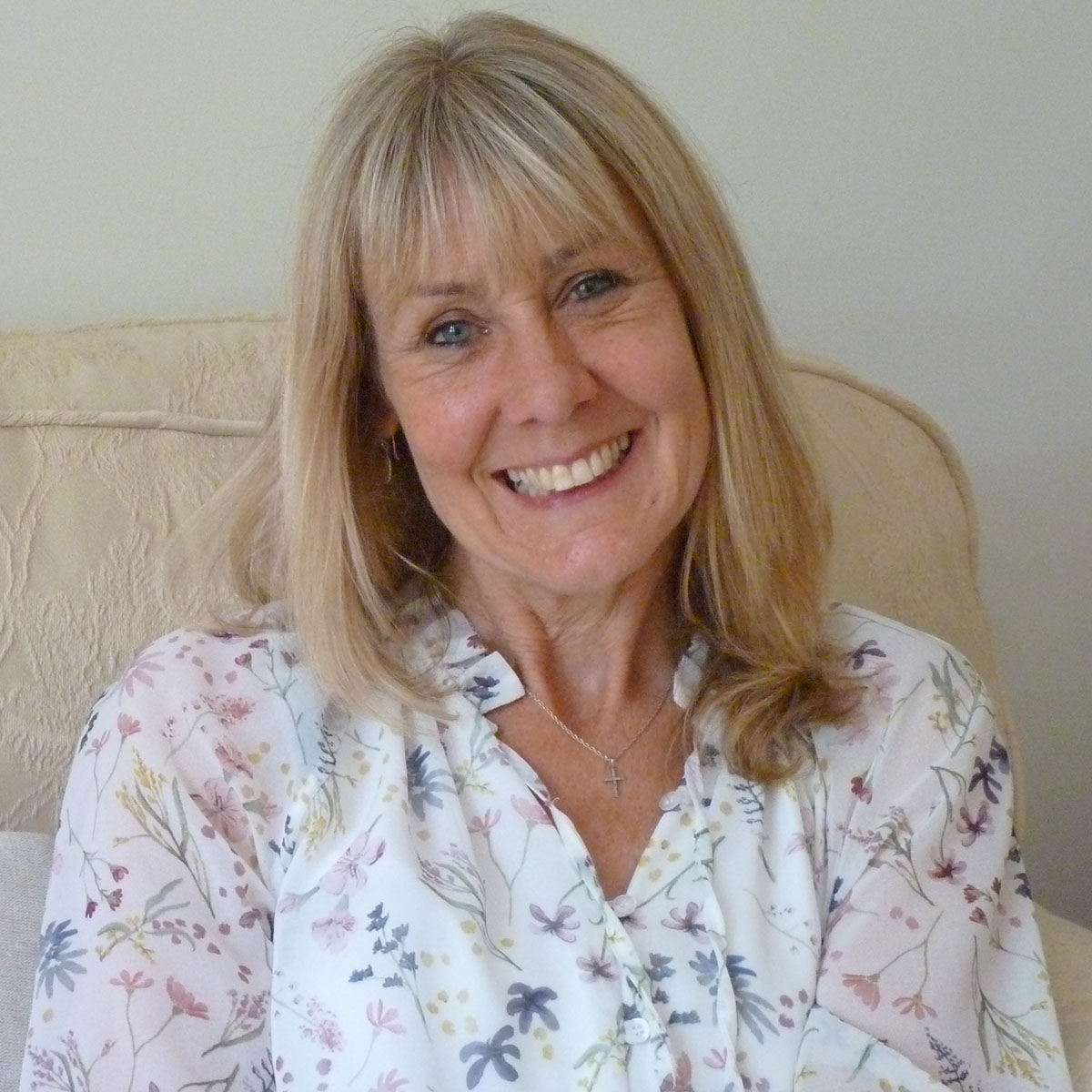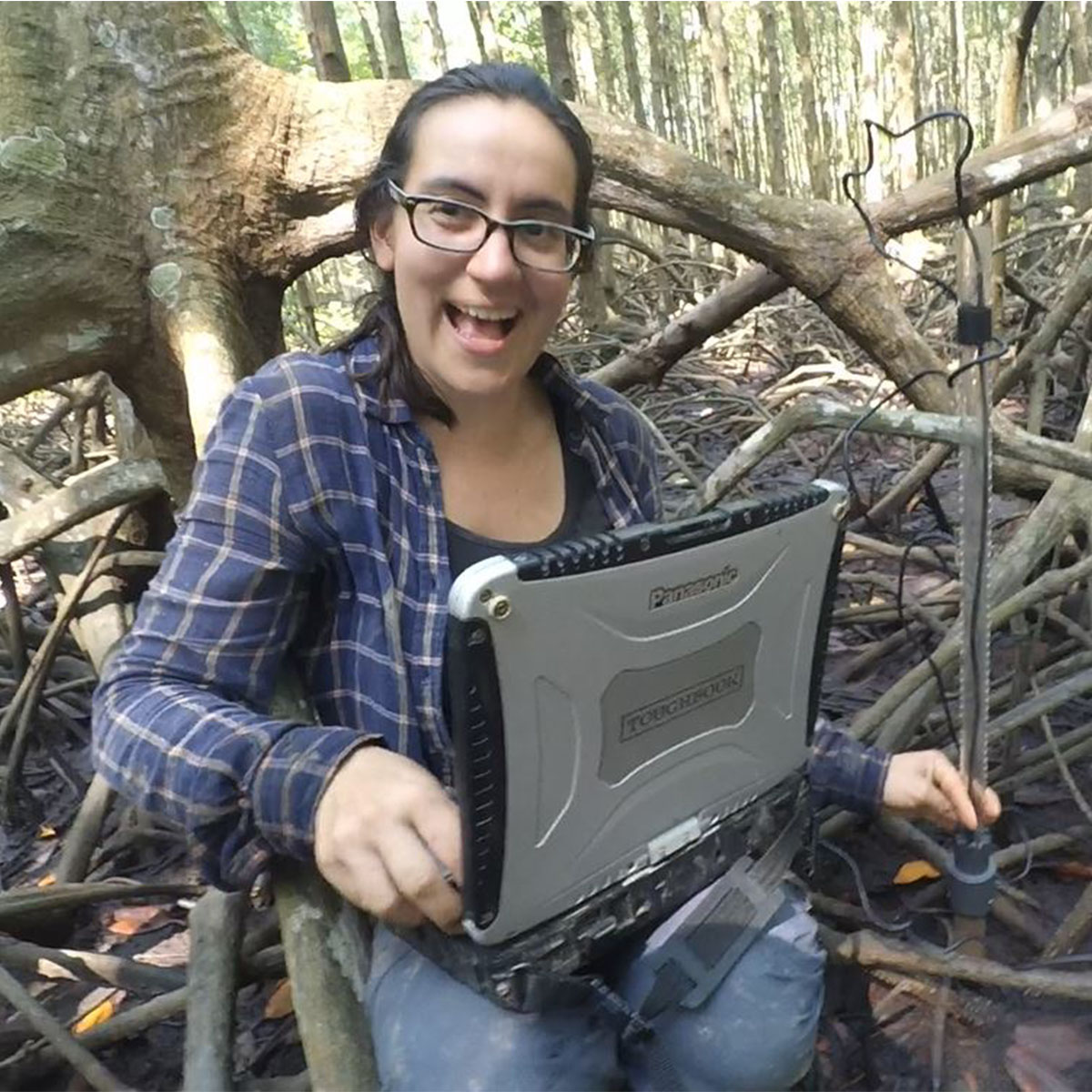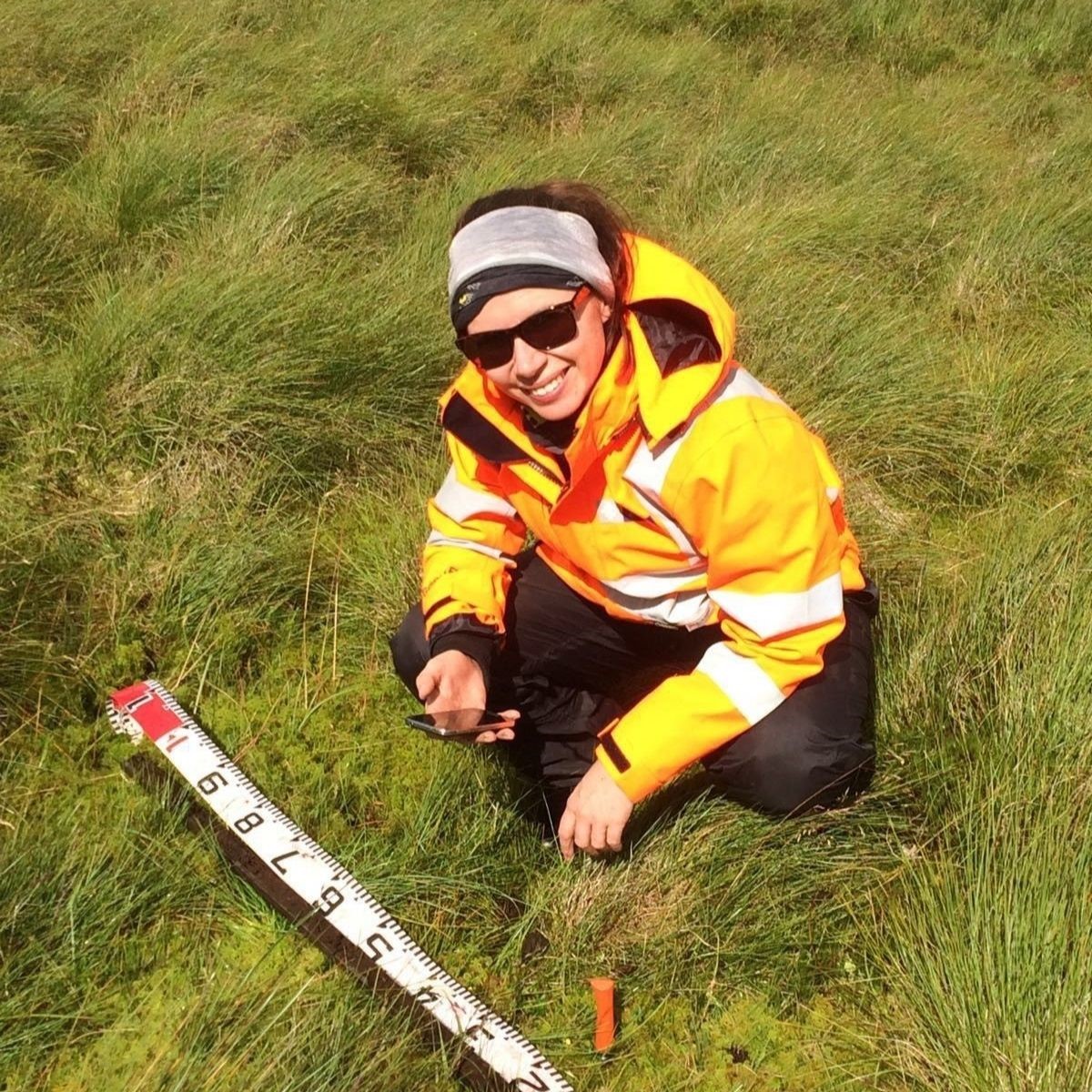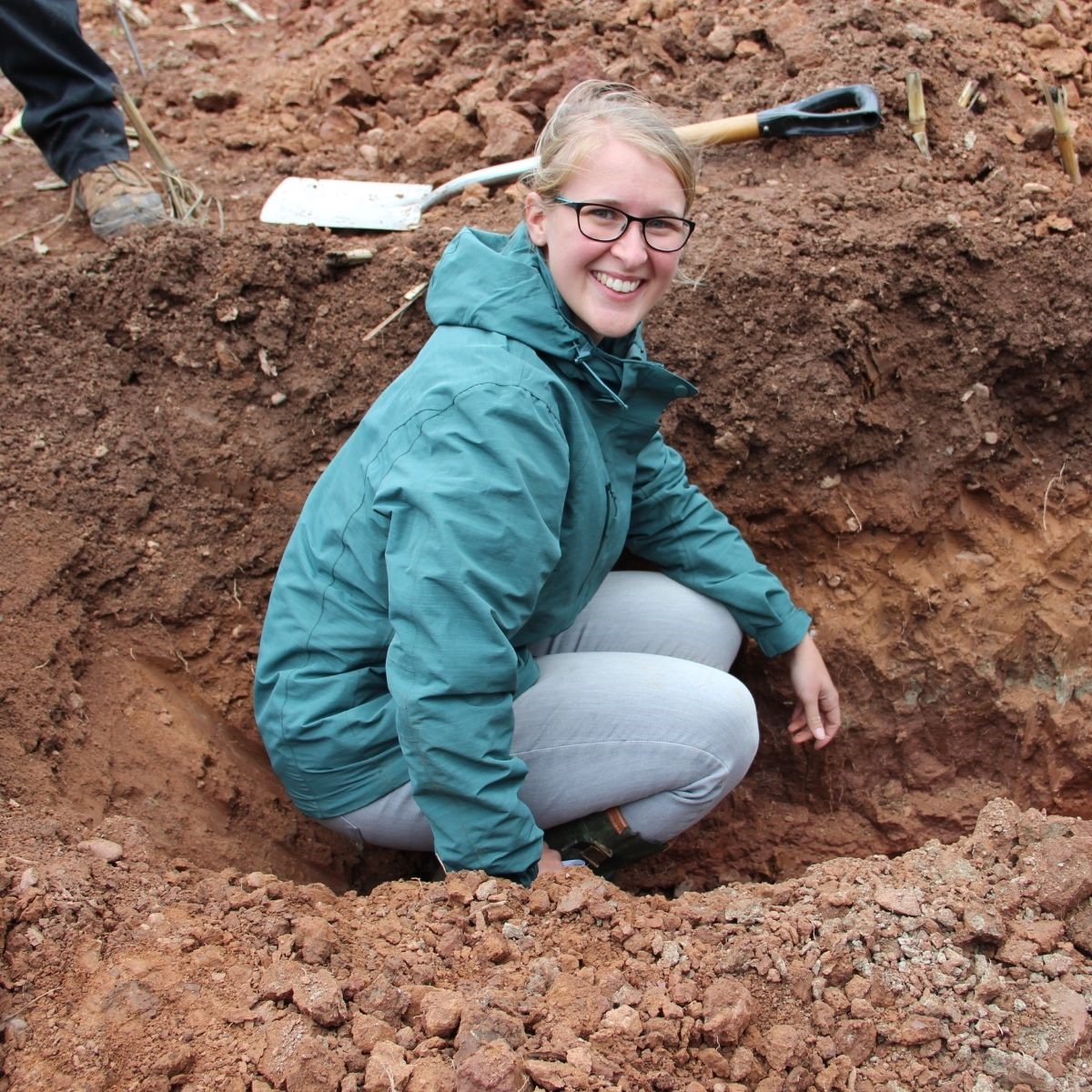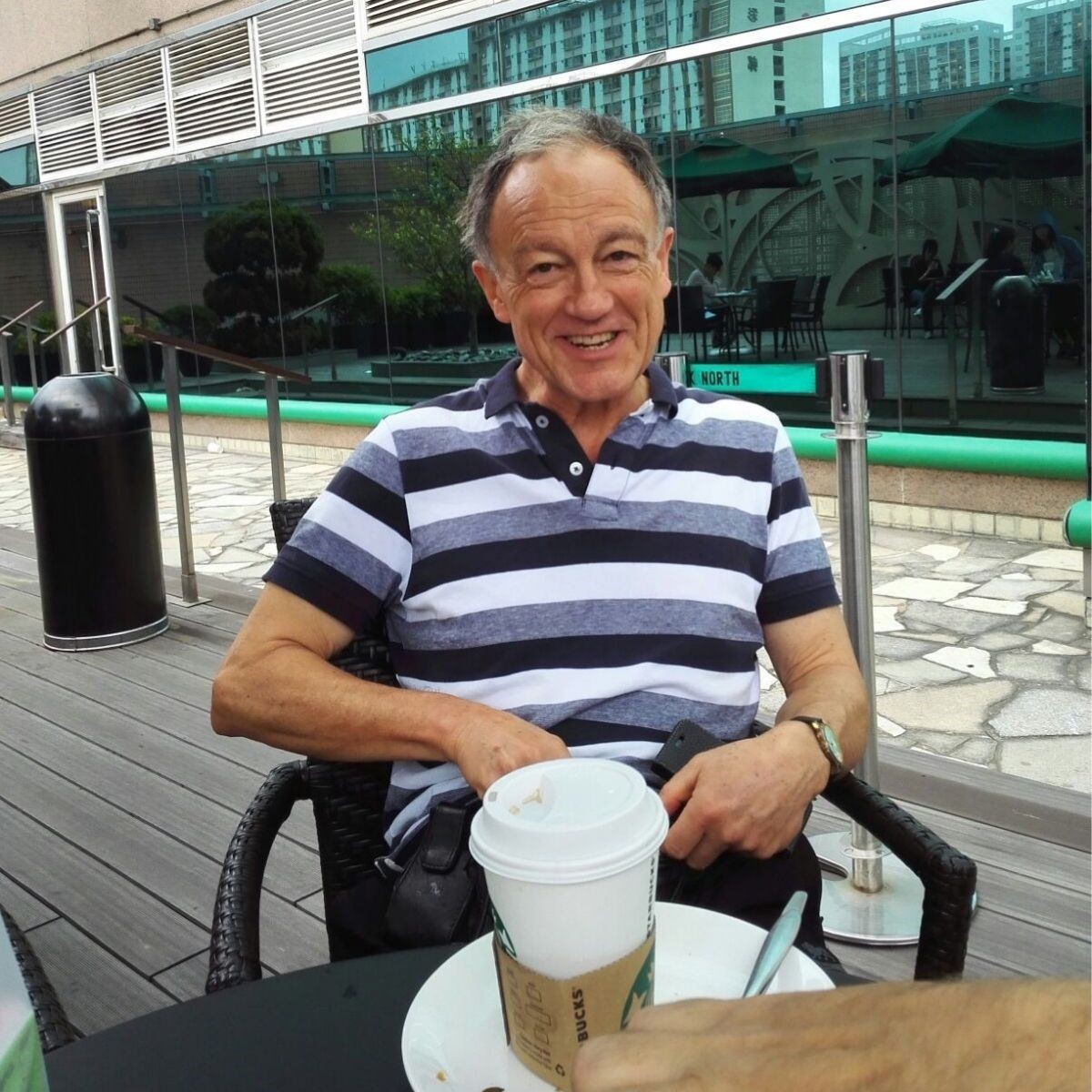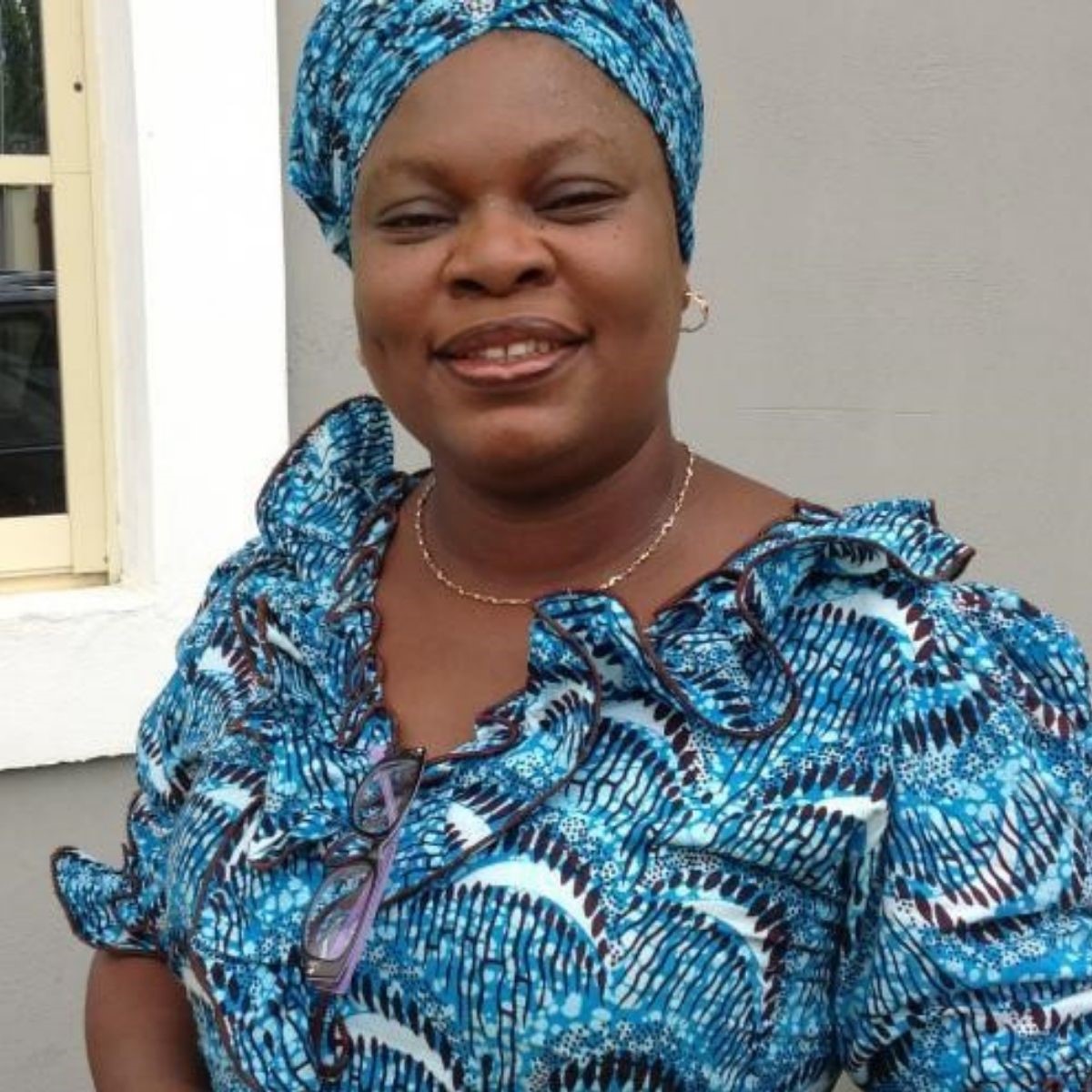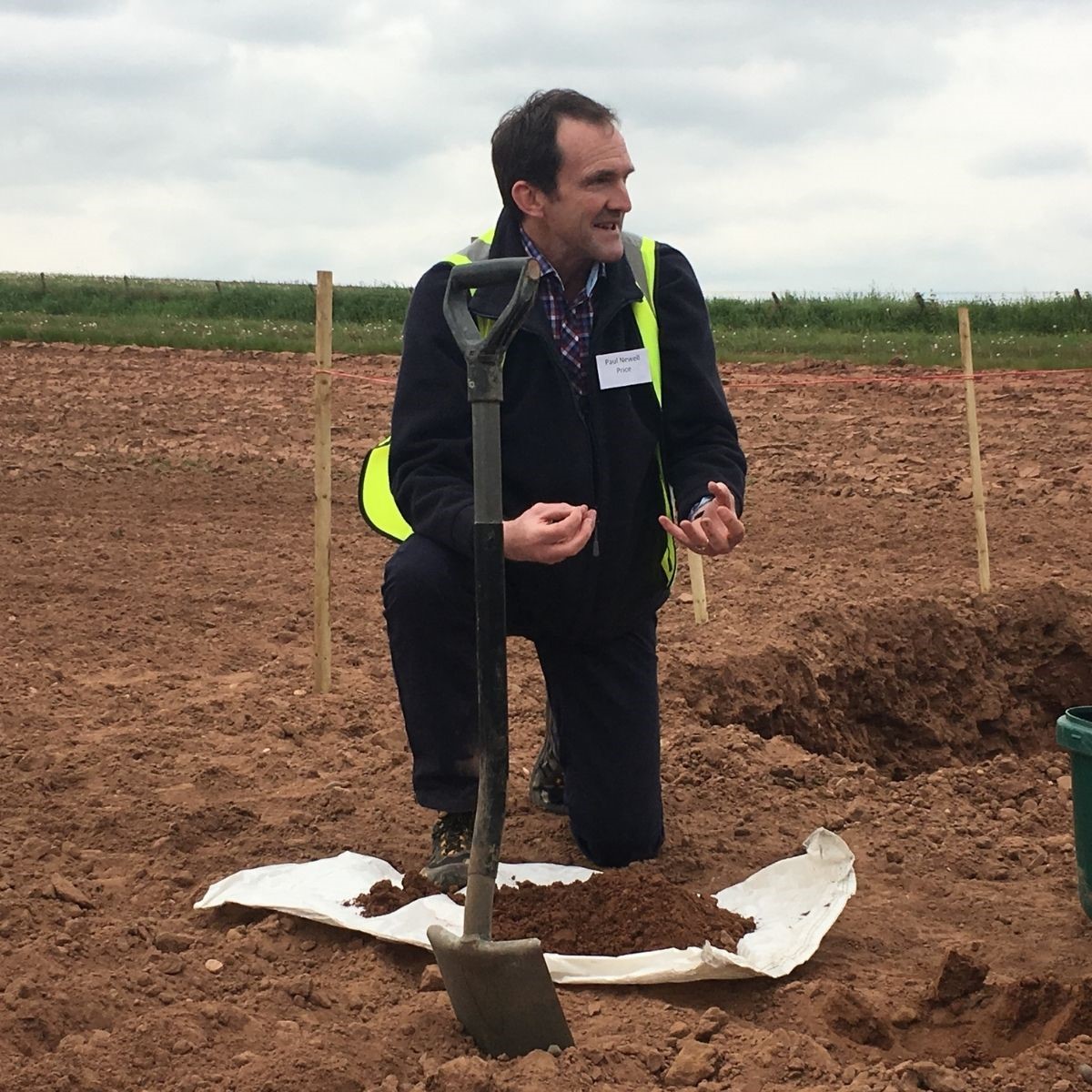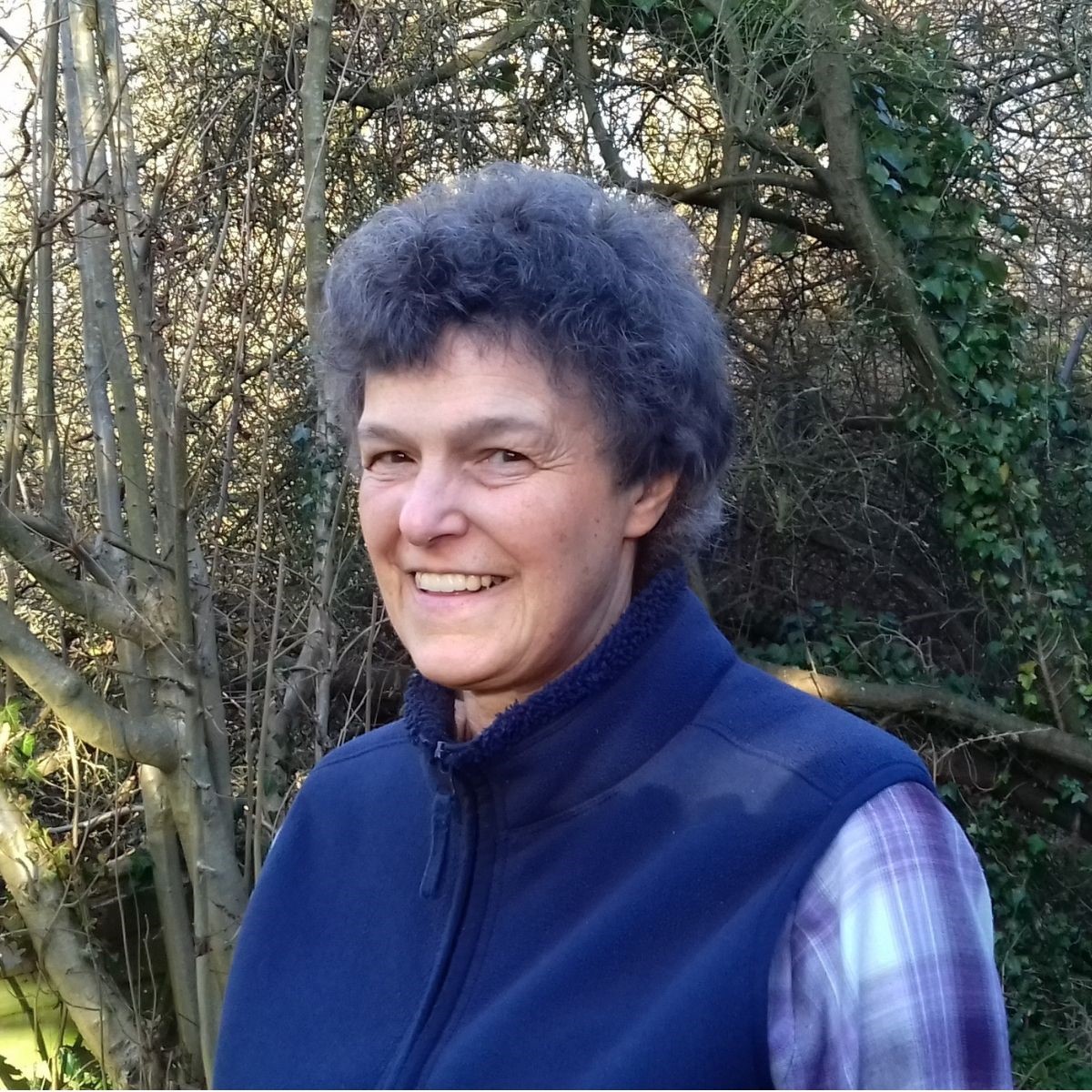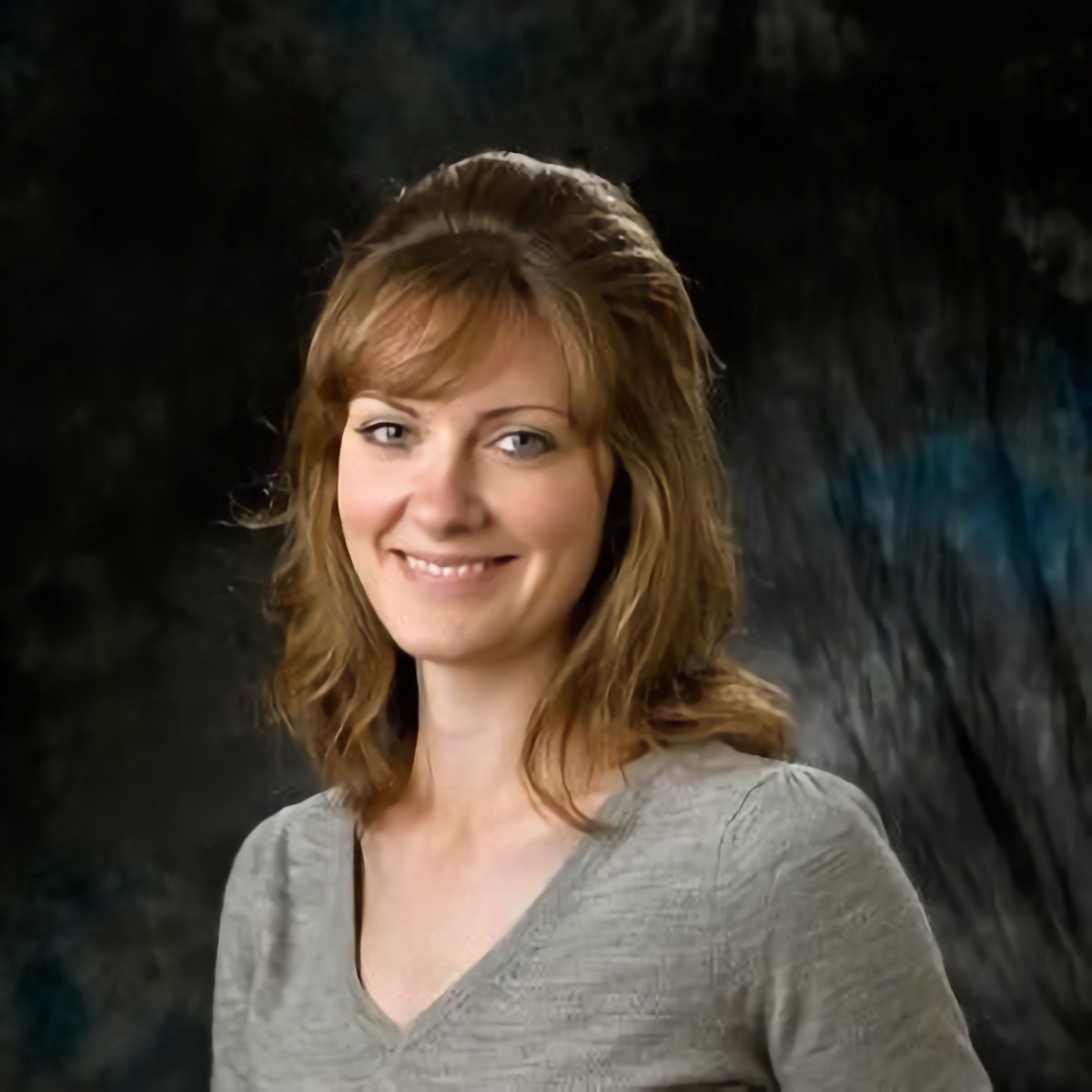WHICH ORGANISATION DO YOU WORK FOR?
HS2 Ltd
A DAY IN THE LIFE OF?
…a subject matter expert for a non-departmental public body delivering new infrastructure. The role involves critical thinking, decision making, raising awareness and providing guidance throughout the project for matters relating to agricultural land and soil. Regular duties include reviewing soil survey data and Agricultural Land Classification data; reviewing soil resource plans; monitoring environmental minimum requirements of the High-Speed Rail (London-West Midlands) Act 2017; reviewing and updating contract requirements for soil resource management; contributing to learning legacies; and collaborating with contractors, project managers and various subject matter experts.
How does your job fit within Soil Science?
The job centres on the following three main areas; Environmental Impact Assessment (EIA) for agricultural land and soil receptors, soil resource management during construction and the restoration of temporarily disturbed agricultural land after construction.
I raise awareness of the sustainability benefits of implementing good soil resource management, supported with case studies where possible to put key messages into context. The role requires checking that the mitigation measures described in EIA documents are being implemented on site, with the aim to conserve soil resources, reduce waste and minimise carbon footprint.
I regularly liaise with other members of the British Society of Soil Science about new research and guidance documents, as recognition of the value of good soil resource management continues to grow in the construction industry. Roles such as agricultural land and soil subject matter experts for HS2 are pioneering opportunities to contribute to learning legacies and help bridge gaps between academia and the construction industry. I have been able to utilise things I have learnt to help inform learning legacy and guidance documents.
Why is this an interesting area to work in?
The benefits of good soil resource management during construction projects continues to gain more attention, and with this there are more soil specialists to learn from, more opportunities arising and more reason to develop a career in this area. It is a huge challenge to adjust processes to improve methods and ways of thinking when it comes to soil resource management throughout construction projects, but it is rewarding to witness when there are shifts in attitude and changes are made.
Why Soil Science?
There are many paths to take from a foundation of further or higher education in soil science, so a career can be very varied even within the same discipline. Soil connects our environment and being a soil scientist often requires working with an array of specialists and professionals, which means each day at work is different.
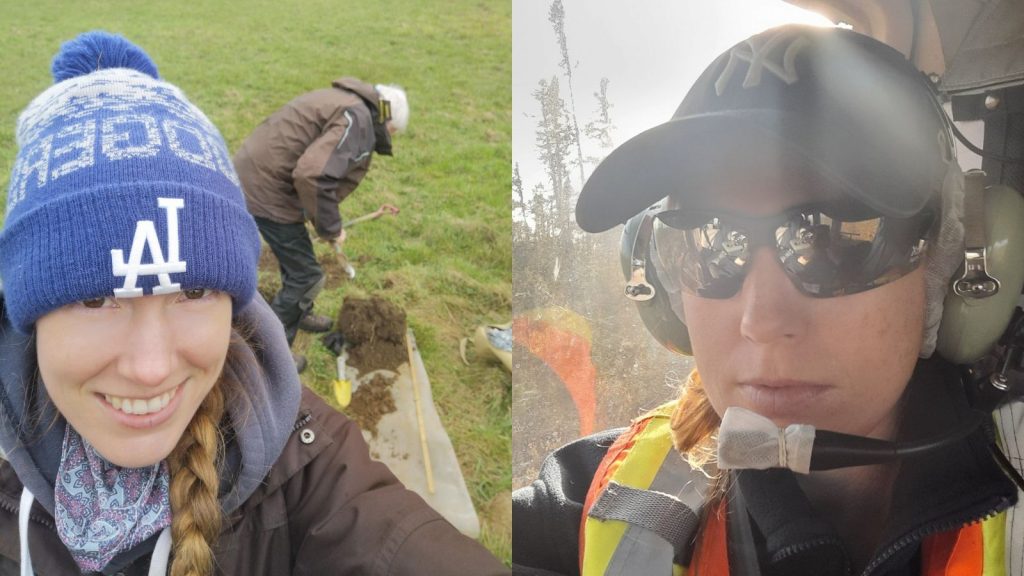
What did you study?
I studied BSc (Hons) Environmental Science at the University of Portsmouth and MSc Environmental and Geographical Science at the University of Cape Town.
What has your career path been so far?/ How did you begin your career?
The first stage of my career was working for a small environmental consultancy. I assisted the lead consultant in carrying out land quality desk studies, ground investigations and flood risk assessments. I learnt the fundamentals of environmental consulting, including the value of thorough research, efficient fieldwork planning and well-composed report writing.
I then worked at an environmental consultancy and also a geochemical laboratory in South Africa for a few years. Both roles provided invaluable experience. Regularly practicing dynamic risk assessment during sitework in remote areas built my ability to quickly identify health and safety risks and mitigate them. I was caught out on the odd occasion, not having an action plan in place for being faced with a black mamba was probably the most memorable. In the laboratory, I processed soil samples, routinely used laboratory equipment and reported results and analysis.
I returned to the UK and that is when I developed a strong interest in soil classification, after reading about soil associations in an Environmental Impact Assessment report. I began carrying out ALC surveys under the supervision of ex-soil surveyors of England and Wales. I spent a lot of my own time reading and attending relevant courses.
I was awarded with Chartered Scientist Status in 2019.
I wanted further experience in soil classification of undisturbed profiles, (not something in high demand in the UK), so I went to Canada and carried out soil classification for informing reclamation projects. I suspect my digging days are mostly over, but I think I’ll always prefer being on site over being in the office.
What is the best thing about your job?
Knowledge sharing. I love learning and I also enjoy passing on the knowledge I do have to others and seeing people develop an interest in the area.
What skills, abilities and personal attributes are essential to success in your job/this field?
Everyone has different skills and personal attributes. What is essential to being a successful soil surveyor is being interested, enjoy being outside and having suitable guidance and support at every stage of your career. Being observant and patient are useful attributes, as surveying and understanding soil formation isn’t something that can be picked up during one day in the field. In my current role, I work with soil scientists, other specialists, and non-specialists. It is important as a subject matter expert to be able to work in a team, clearly convey ideas and be able to see the bigger picture.
What advice would you offer to young people interested in a career in soil science?
Gain as much field experience as you can with experienced soil surveyors. I recommend exploring and learning a bit about soil classification systems of other countries- It’s as handy as learning a second language if ever you get the opportunity for overseas work experience.
Can you recommend other journals, magazines or professional associations which would be helpful for professional development?
Regulations for practising and signing off soil and terrain related work are well-established in Canada. Although I surveyed across all the provinces in my previous role, I was based in Alberta. The Alberta Institute of Agrologists (AIA) is created and mandated by the Agrology Profession Act. Go just one province over and there is a different registration body. I would recommend investigating professional associations overseas to be exposed to standards, research and practices being carried out elsewhere as well as in the UK.
If you could do it all over again, would you choose the same path for yourself? If not, what would you change?
If I could do it all again, I’d probably pay a bit more attention during IT lessons, specifically to GIS!
Tell us one thing about yourself that not many people know
I’ve played competitive cricket in four countries.
Is there anything else that you would like to share relating to your work in soil science?
I am very grateful to the people I have met during my career who have shared their knowledge, provided me with their priceless fieldwork hacks and have told me their most treasured and hilarious fieldwork stories.

